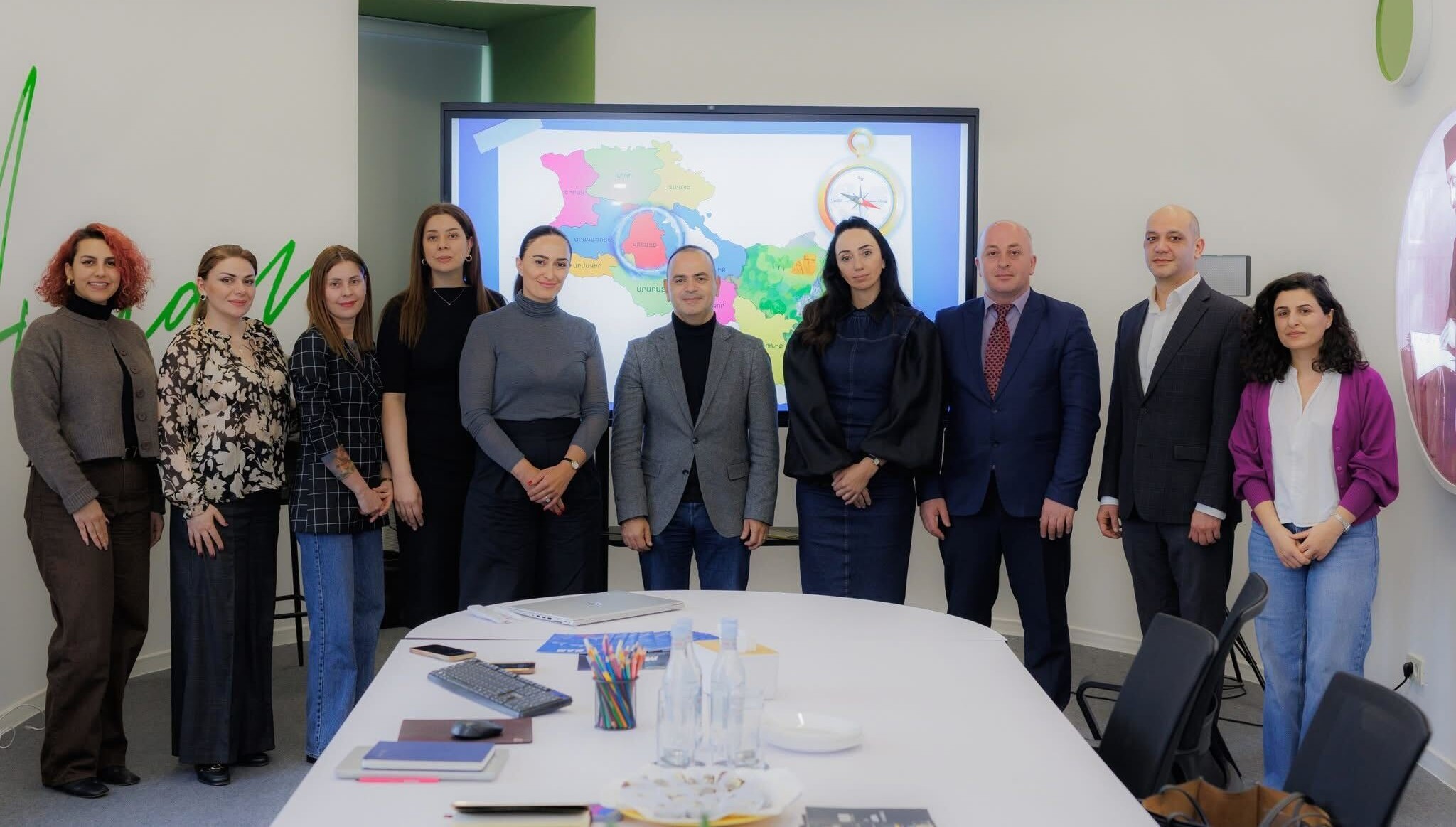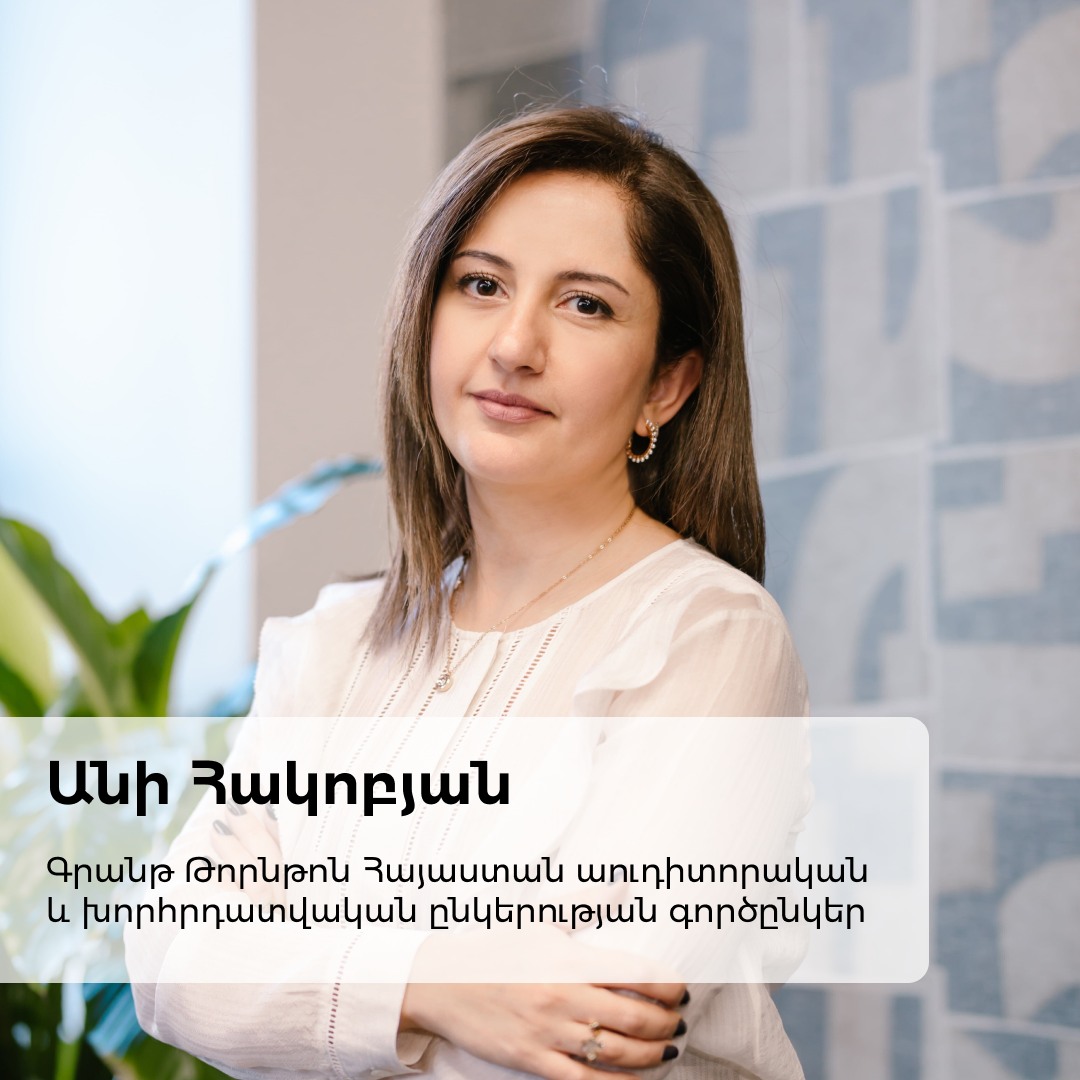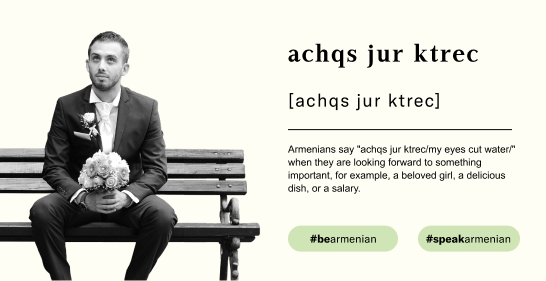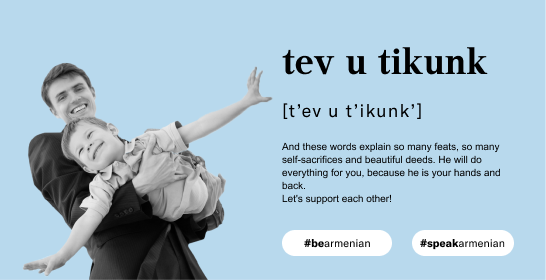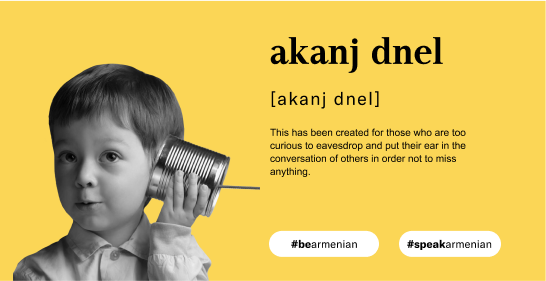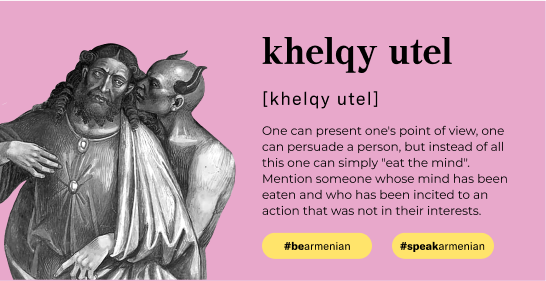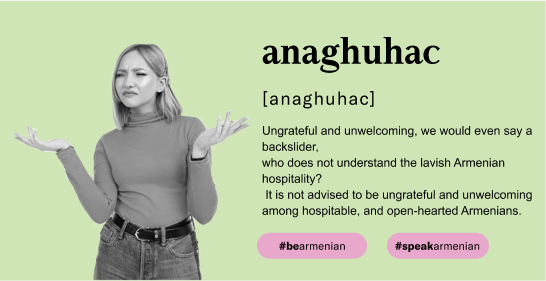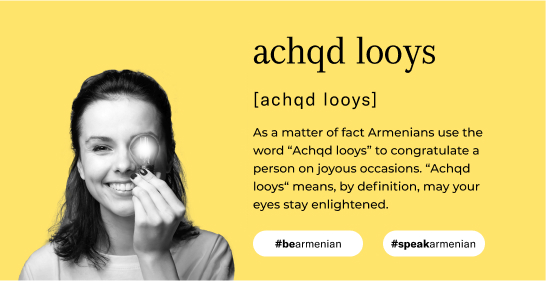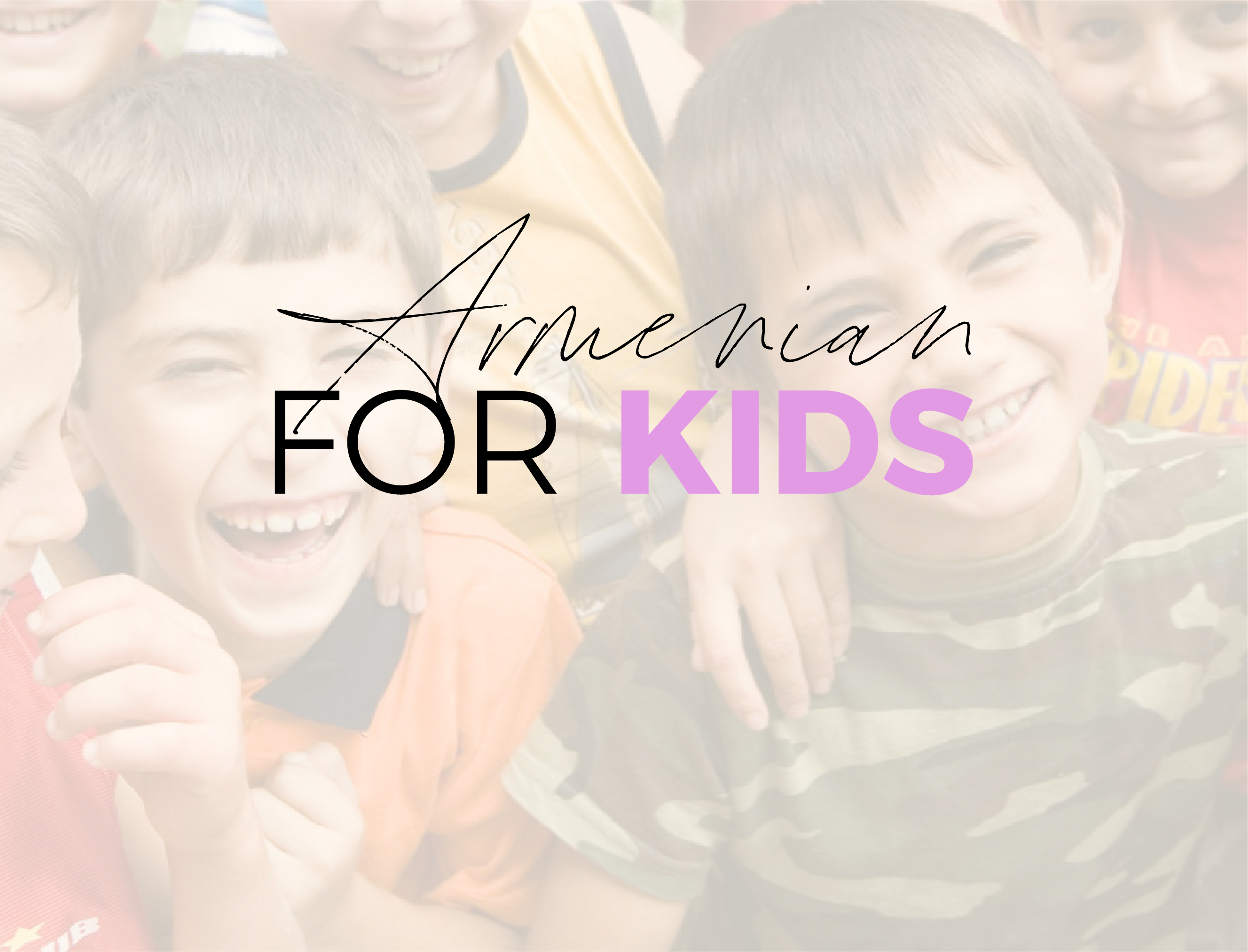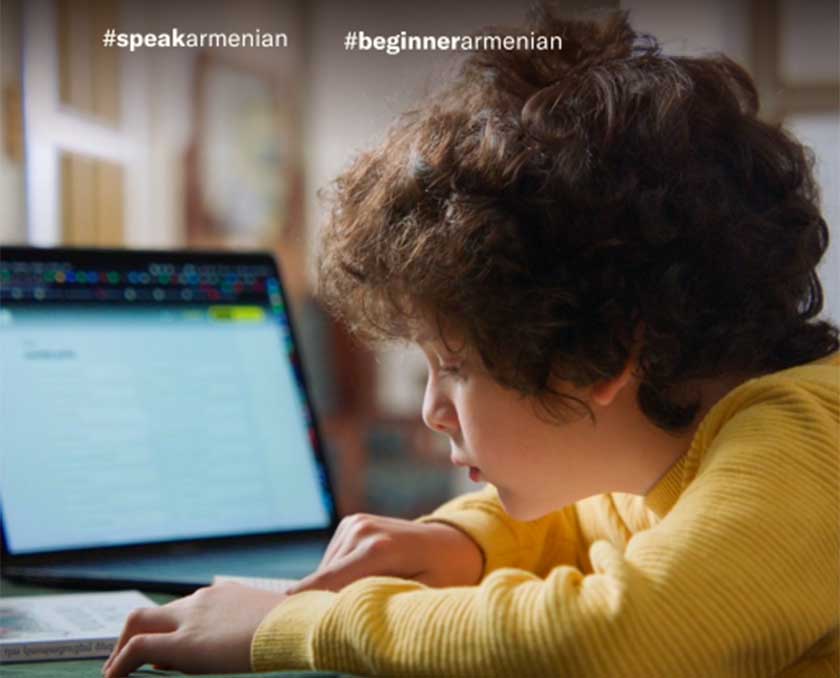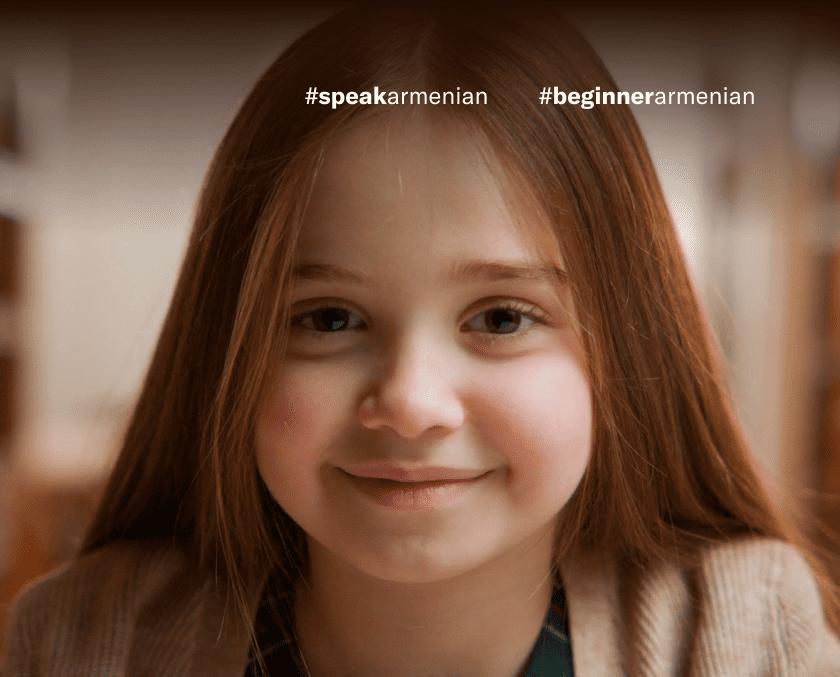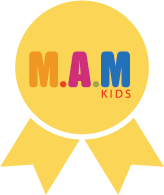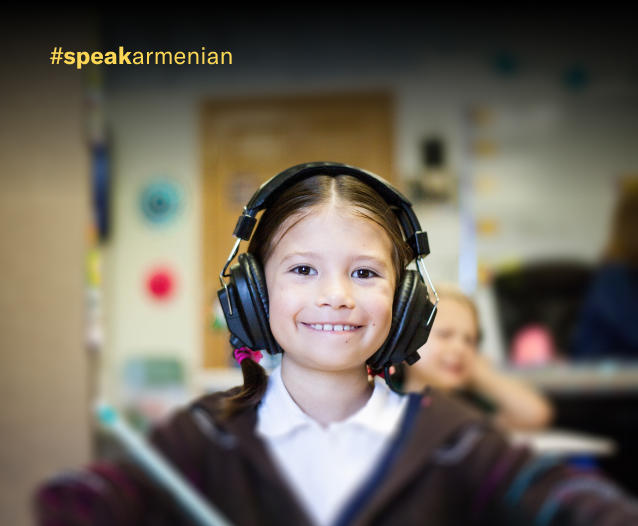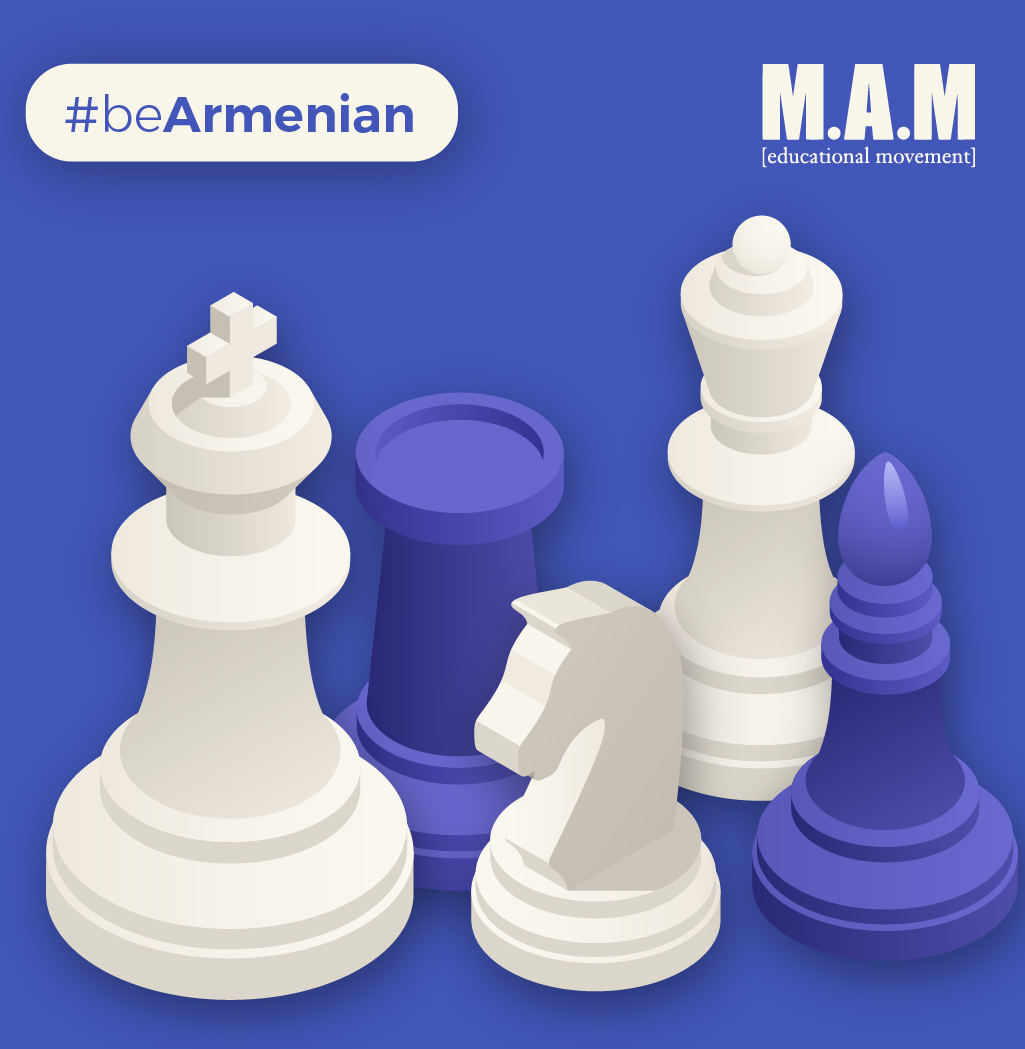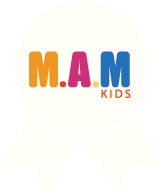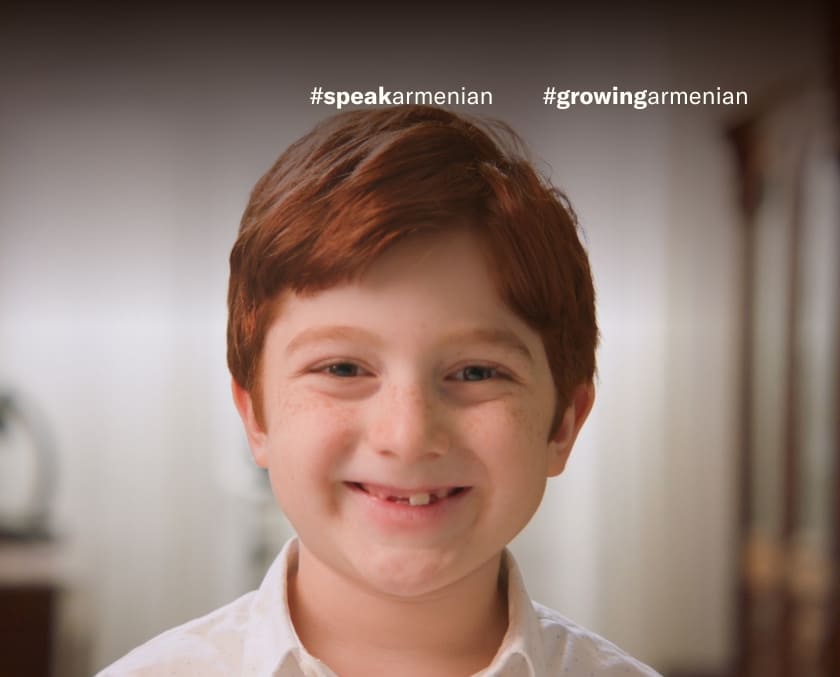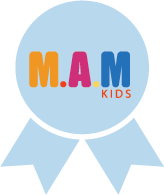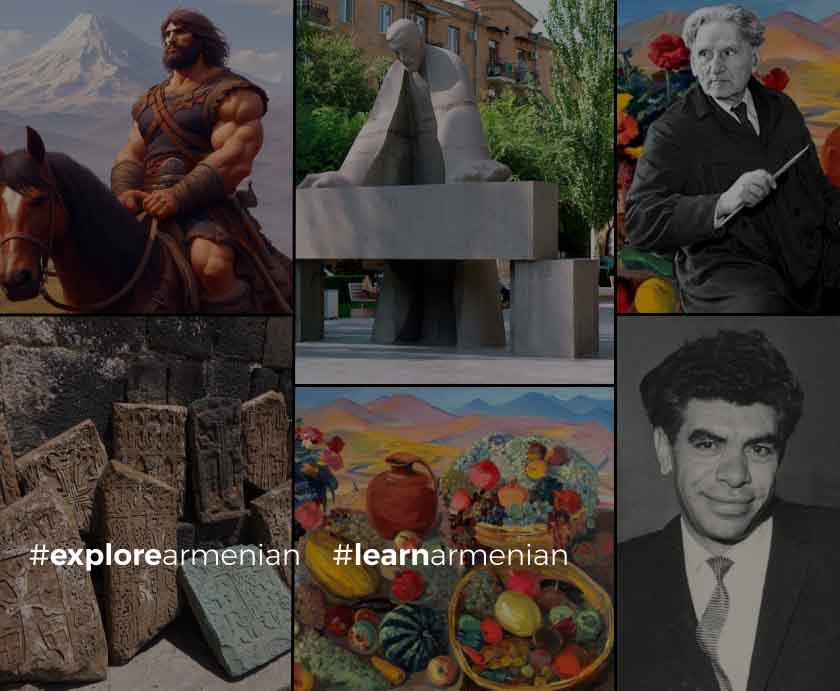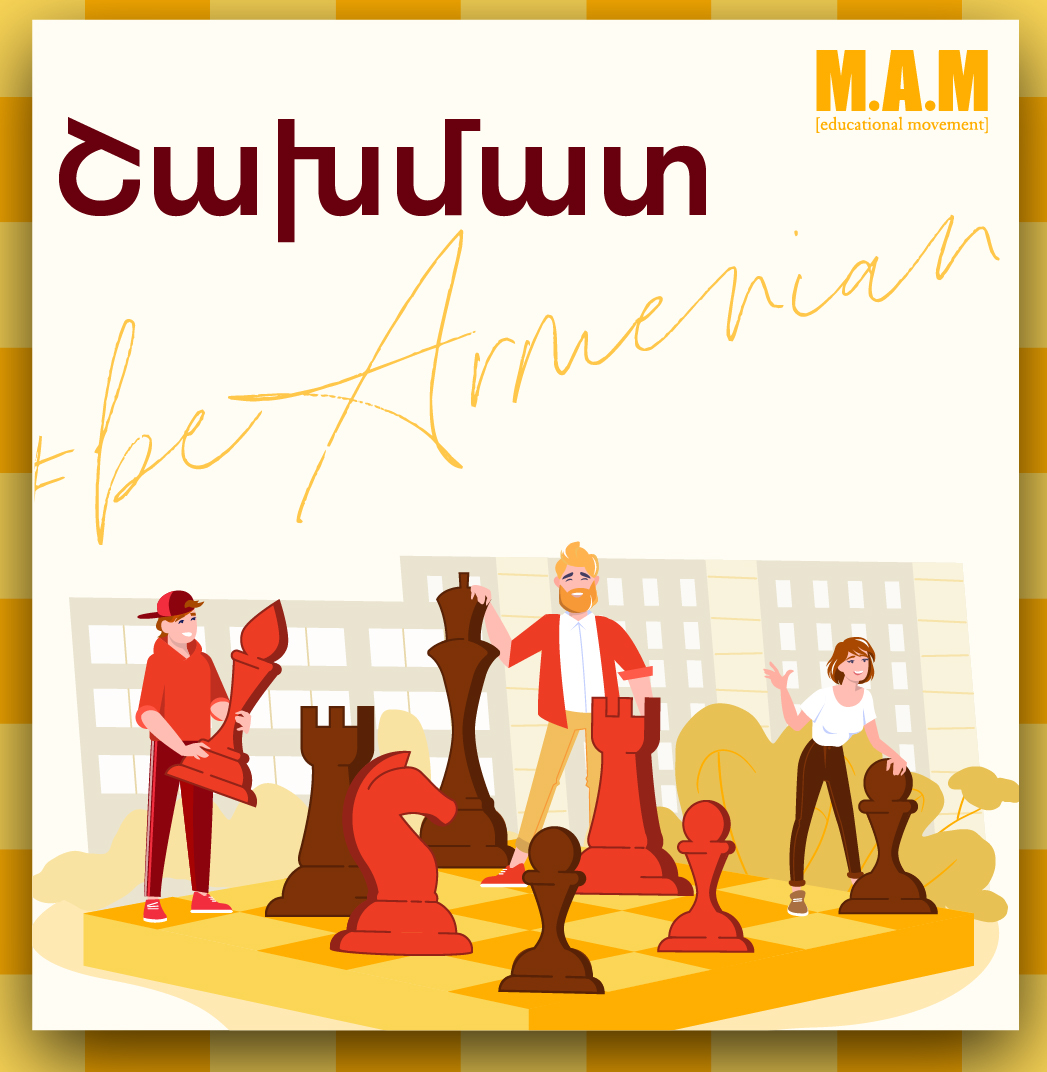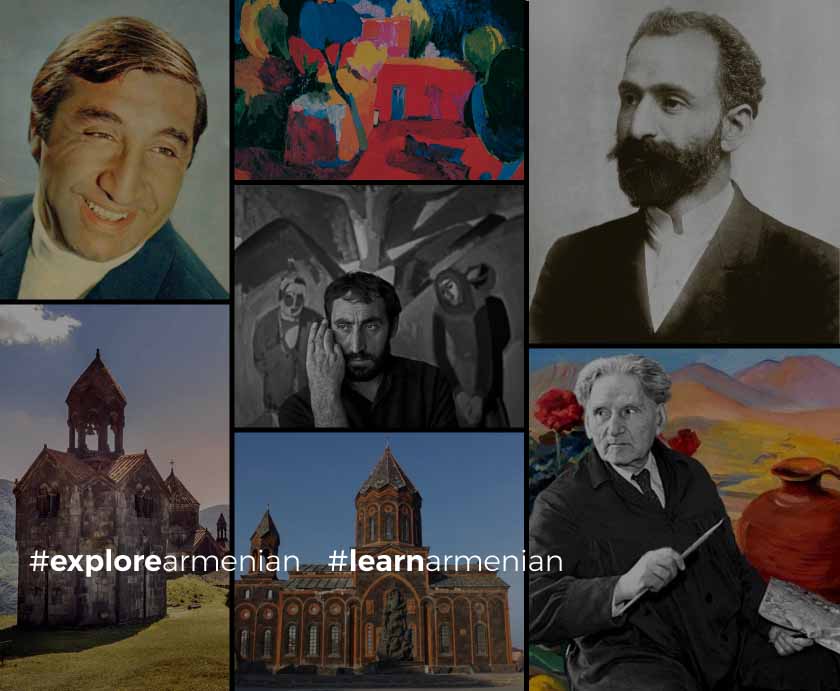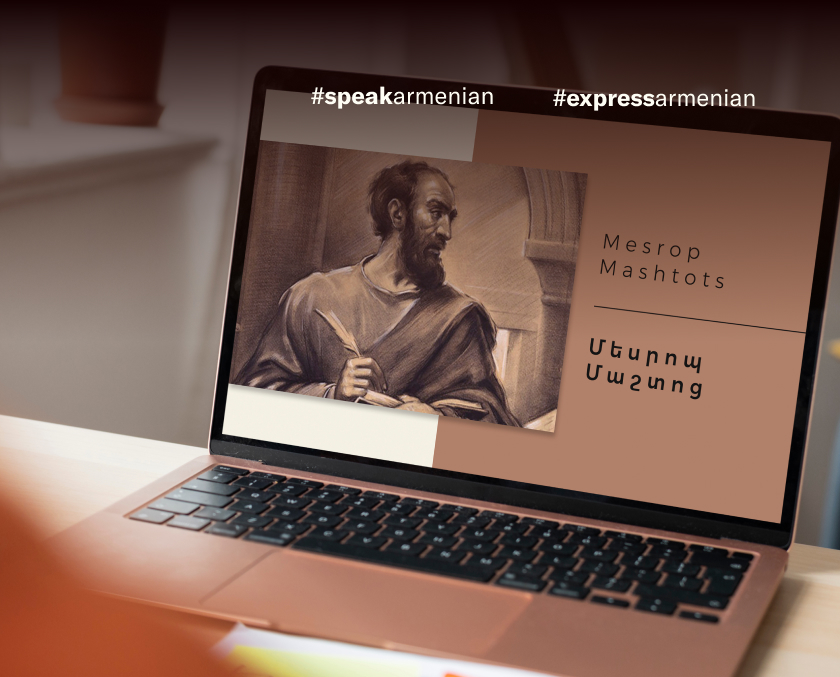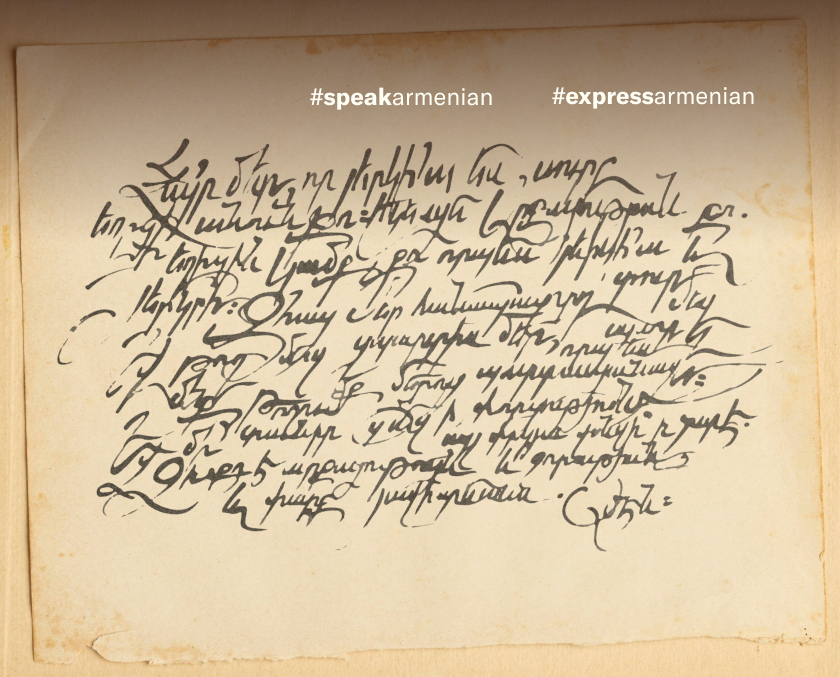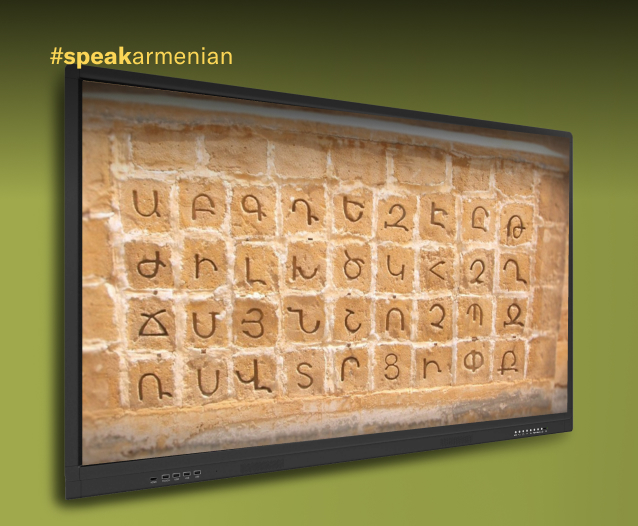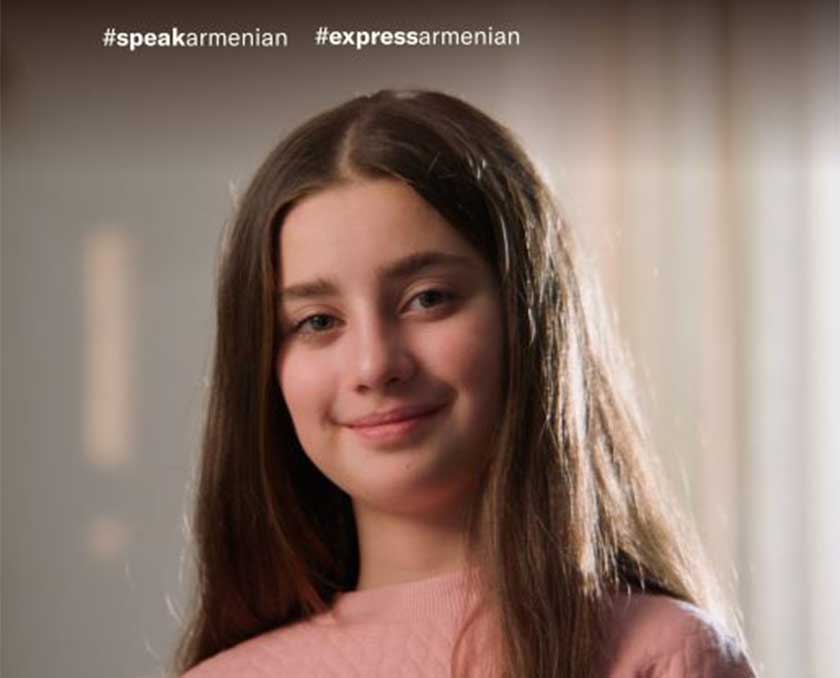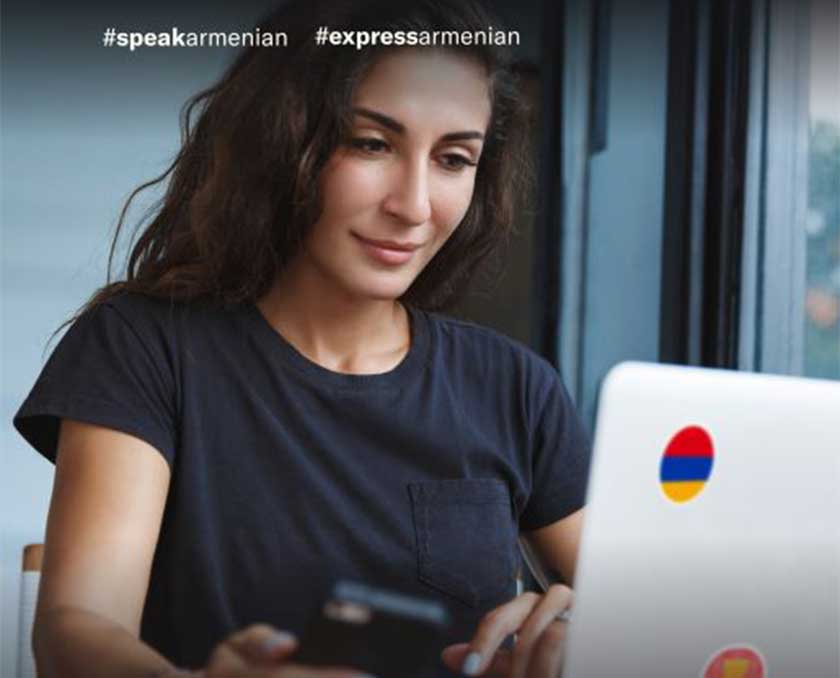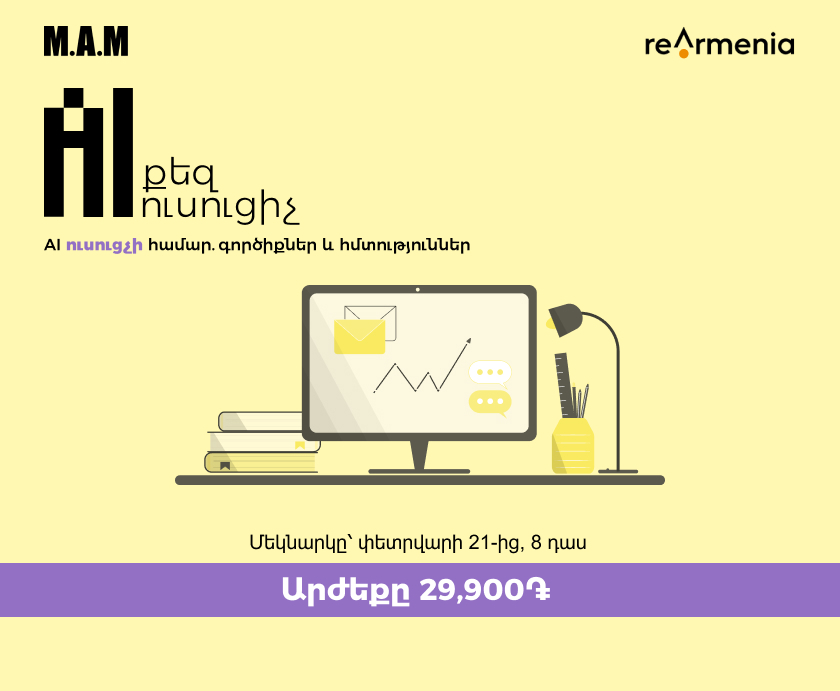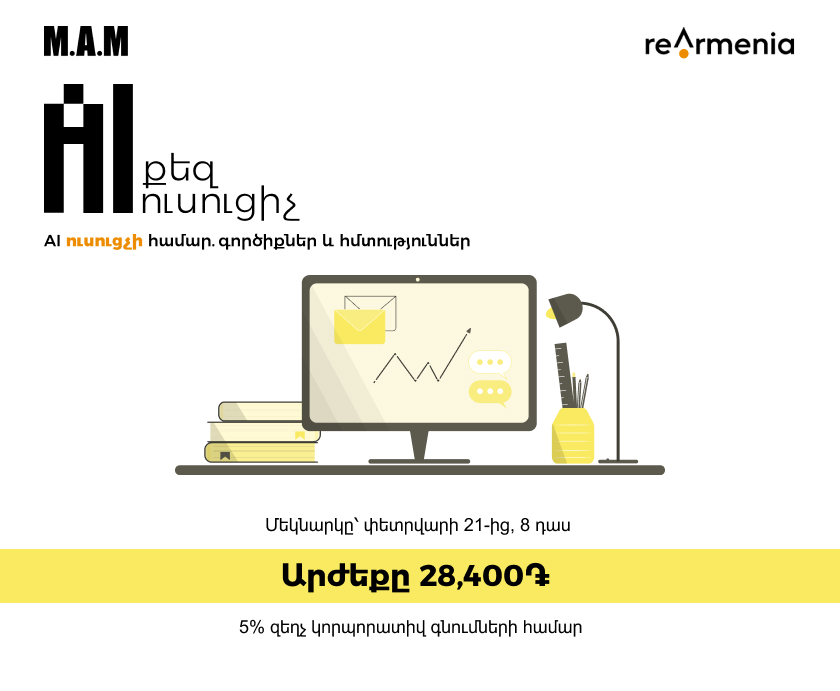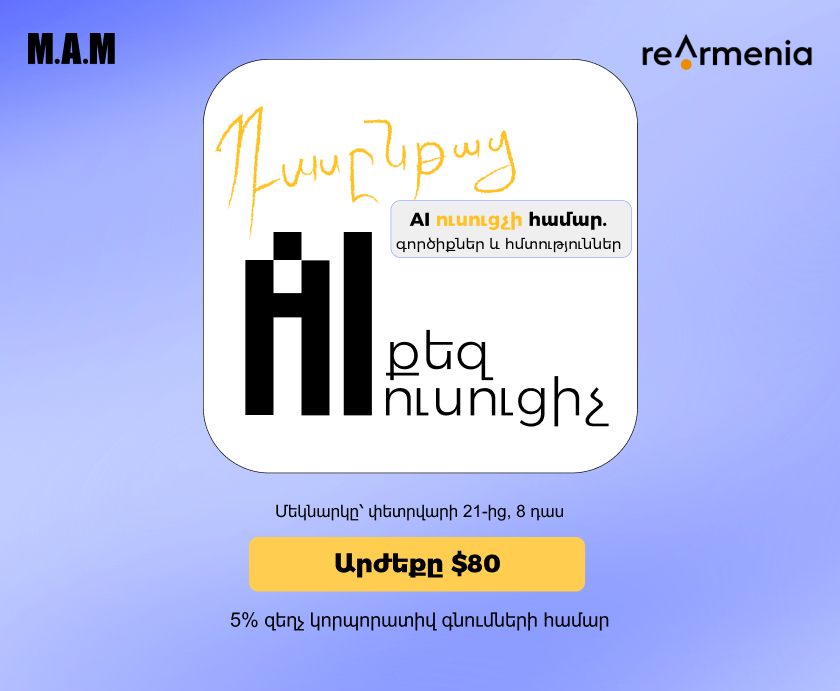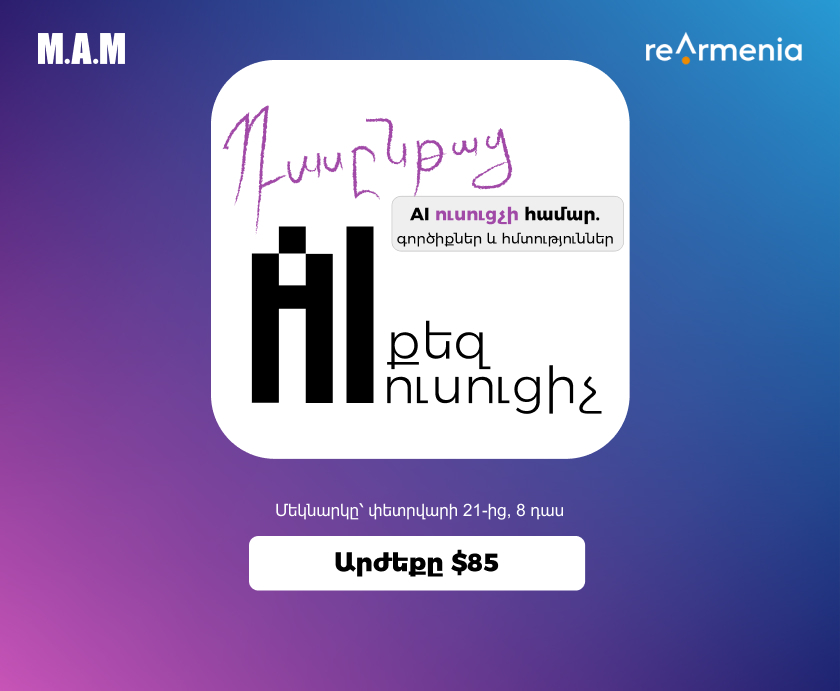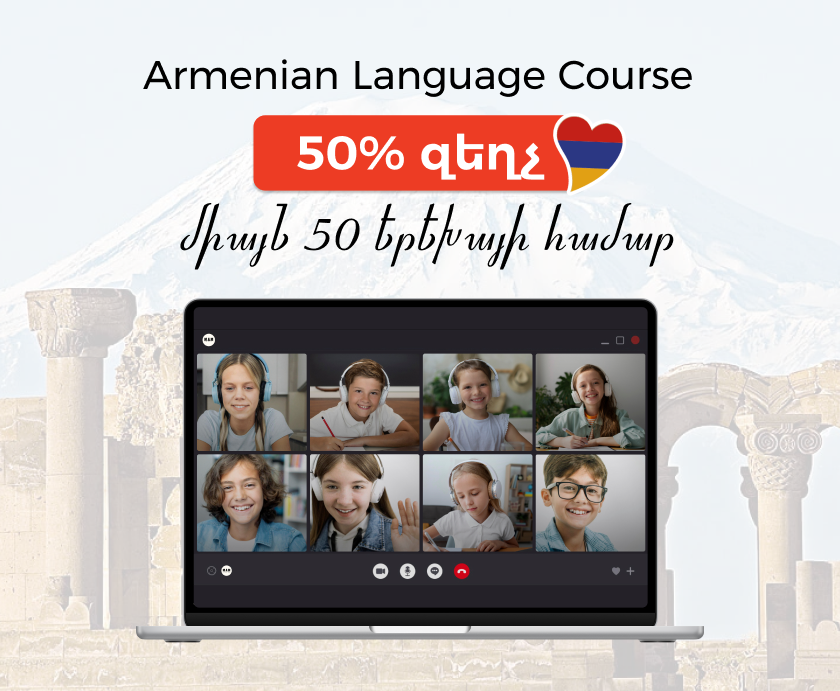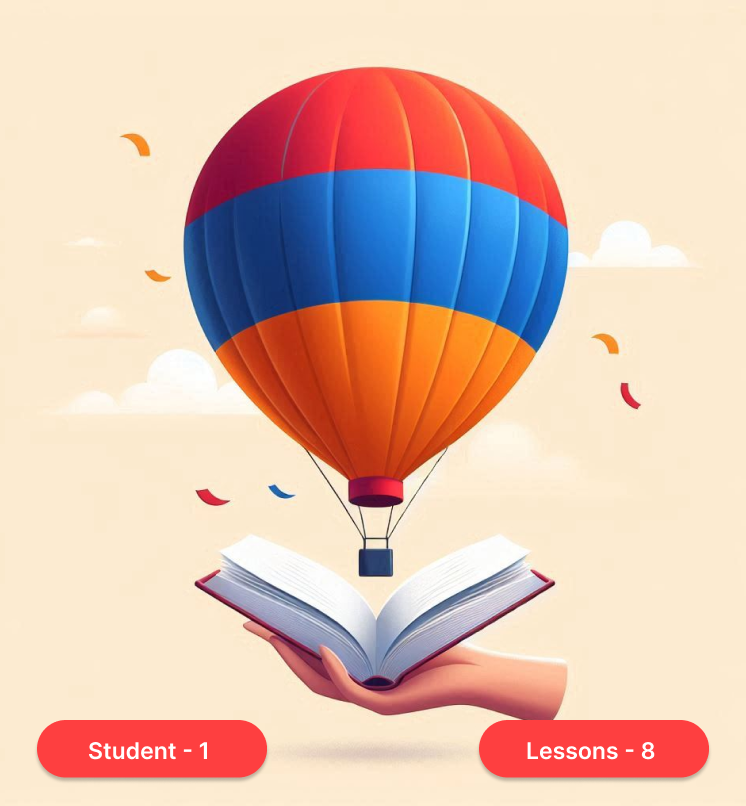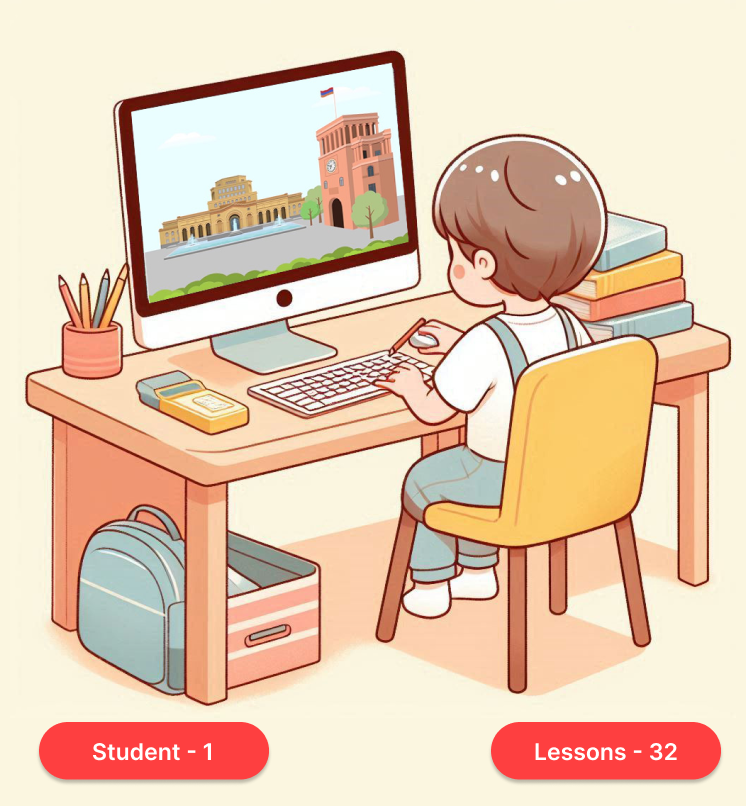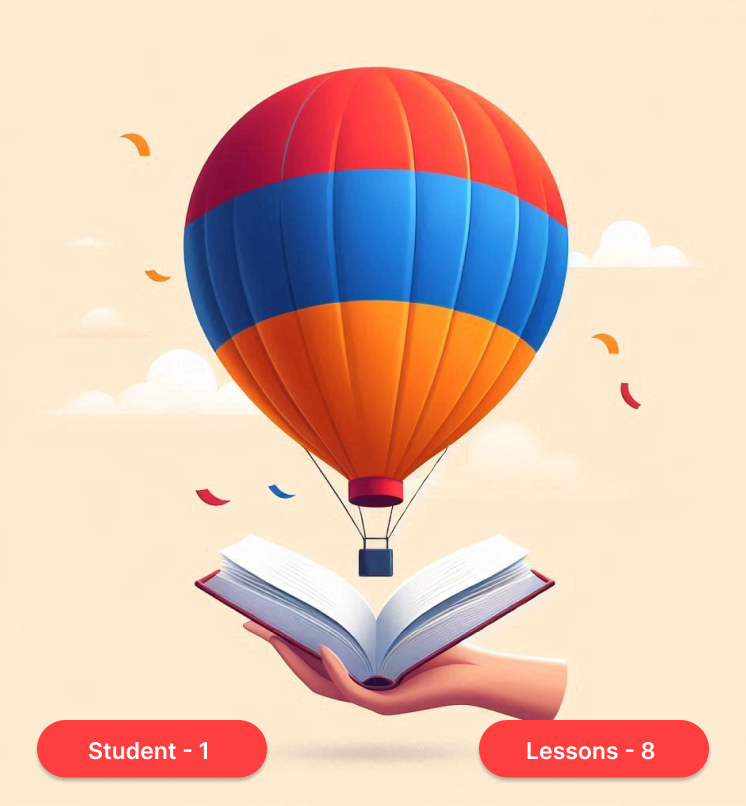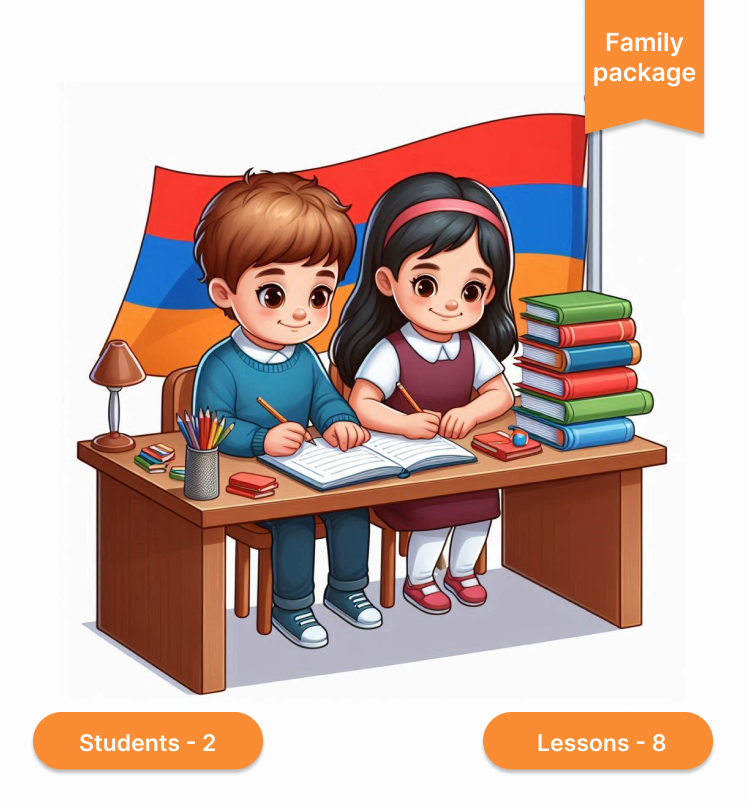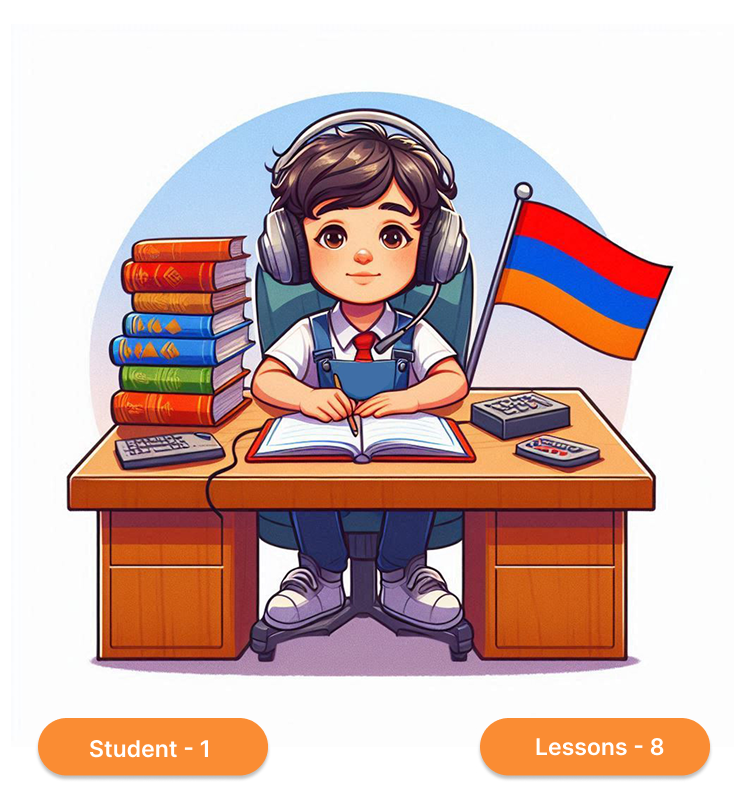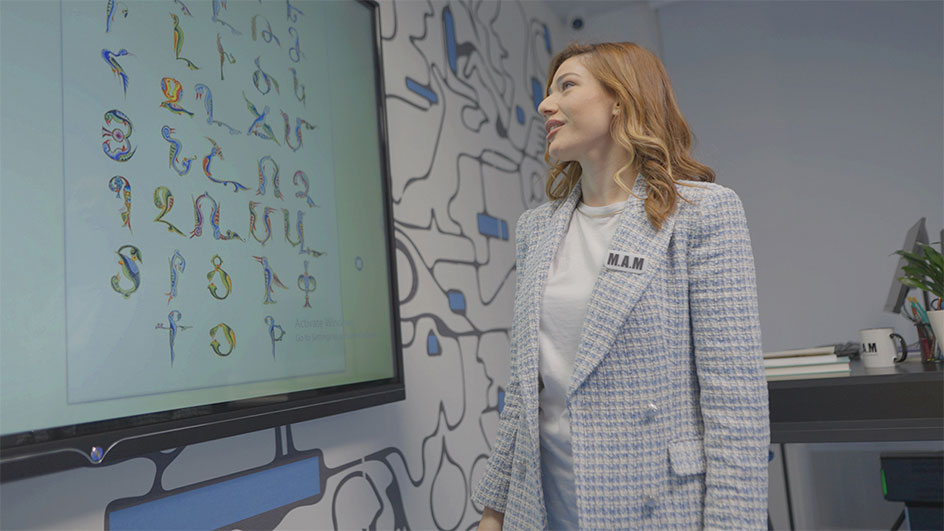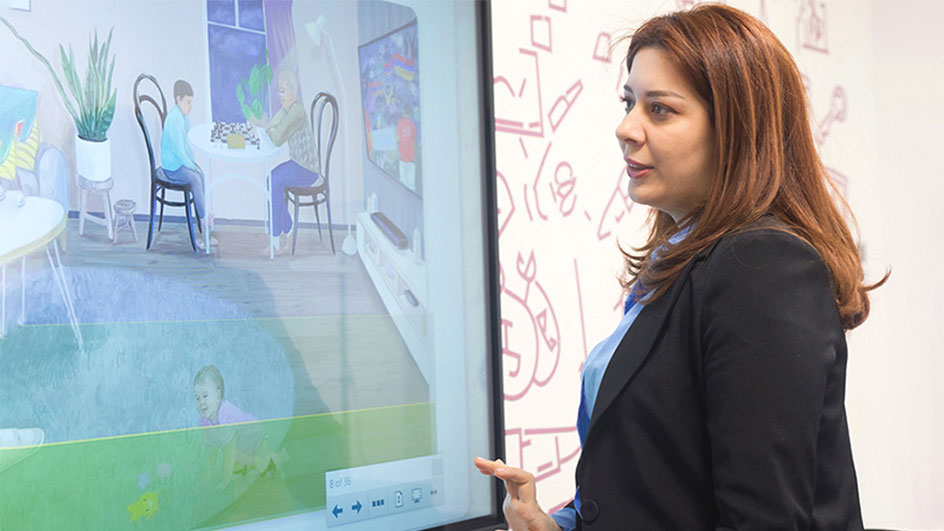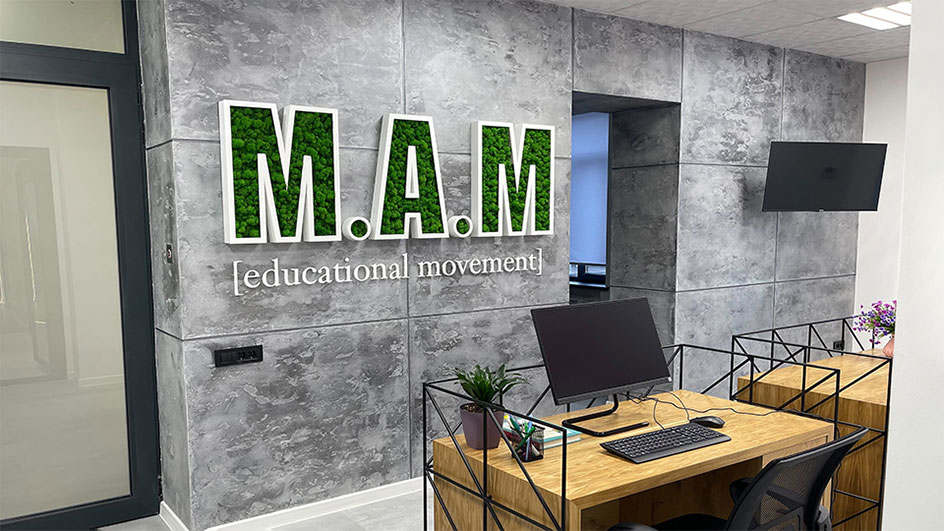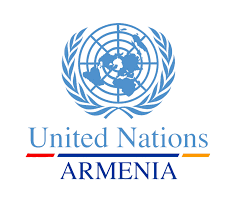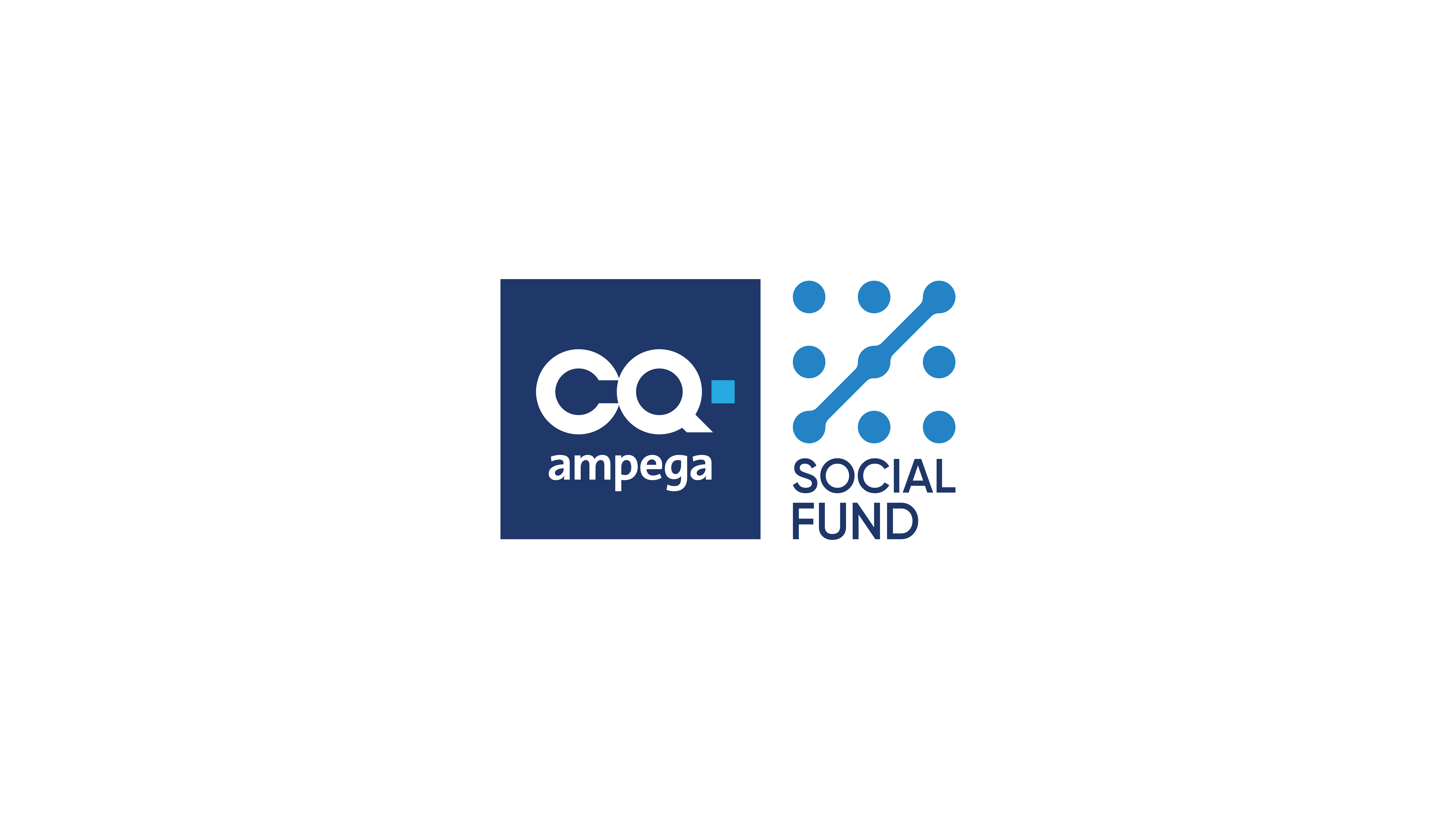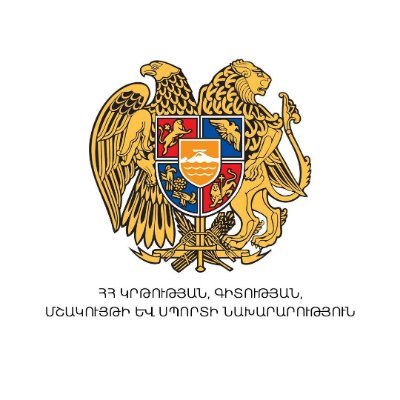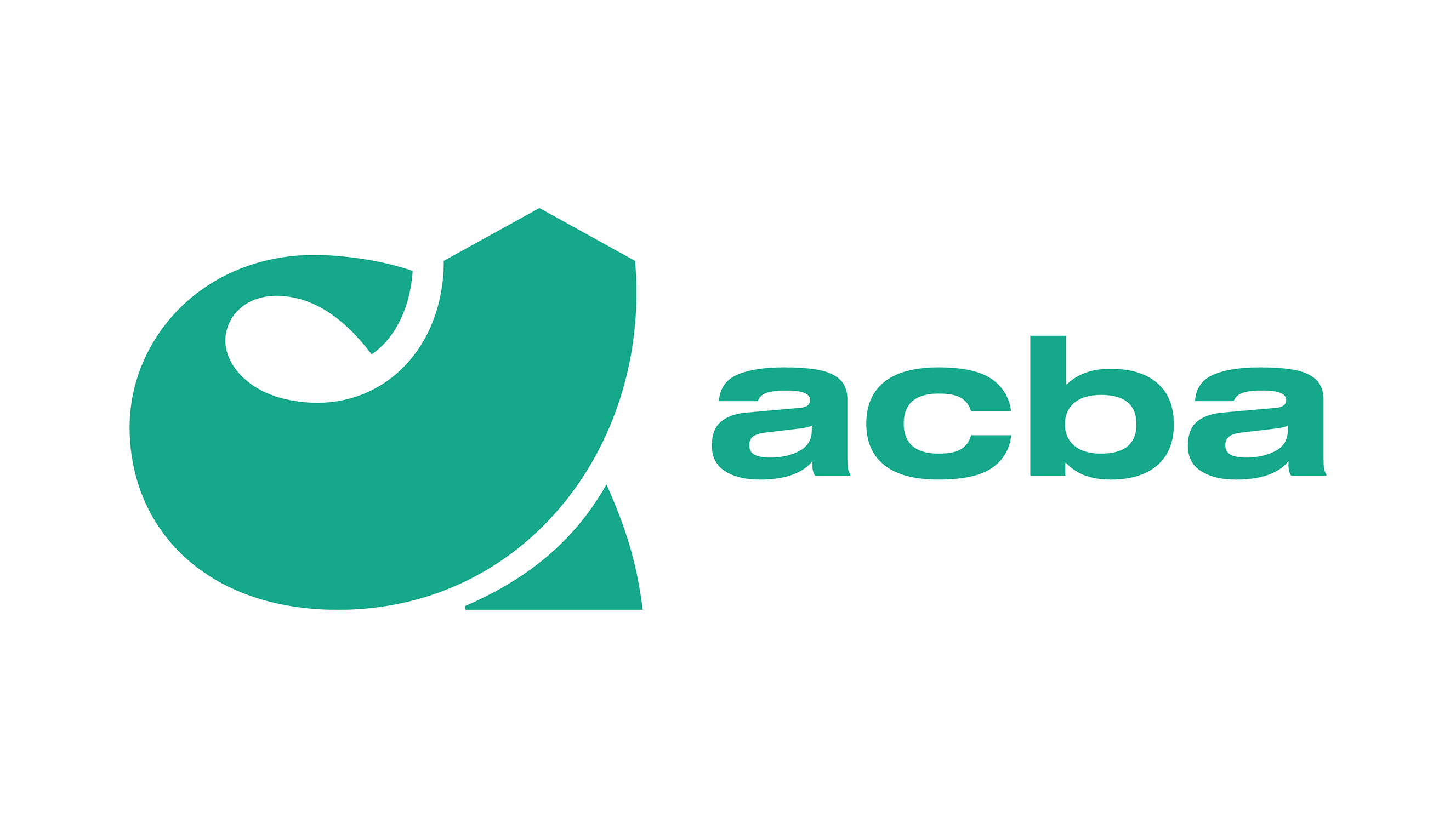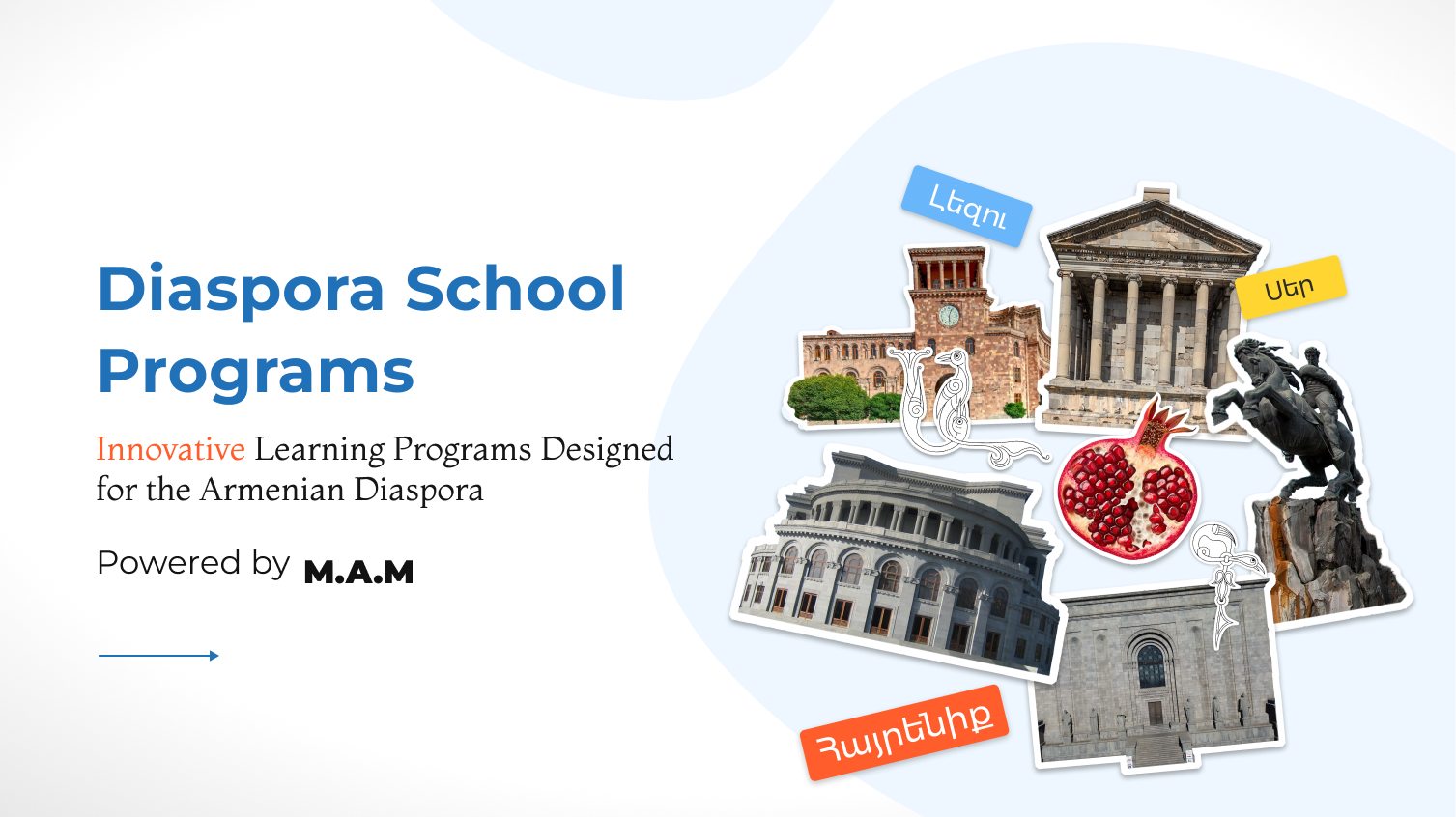
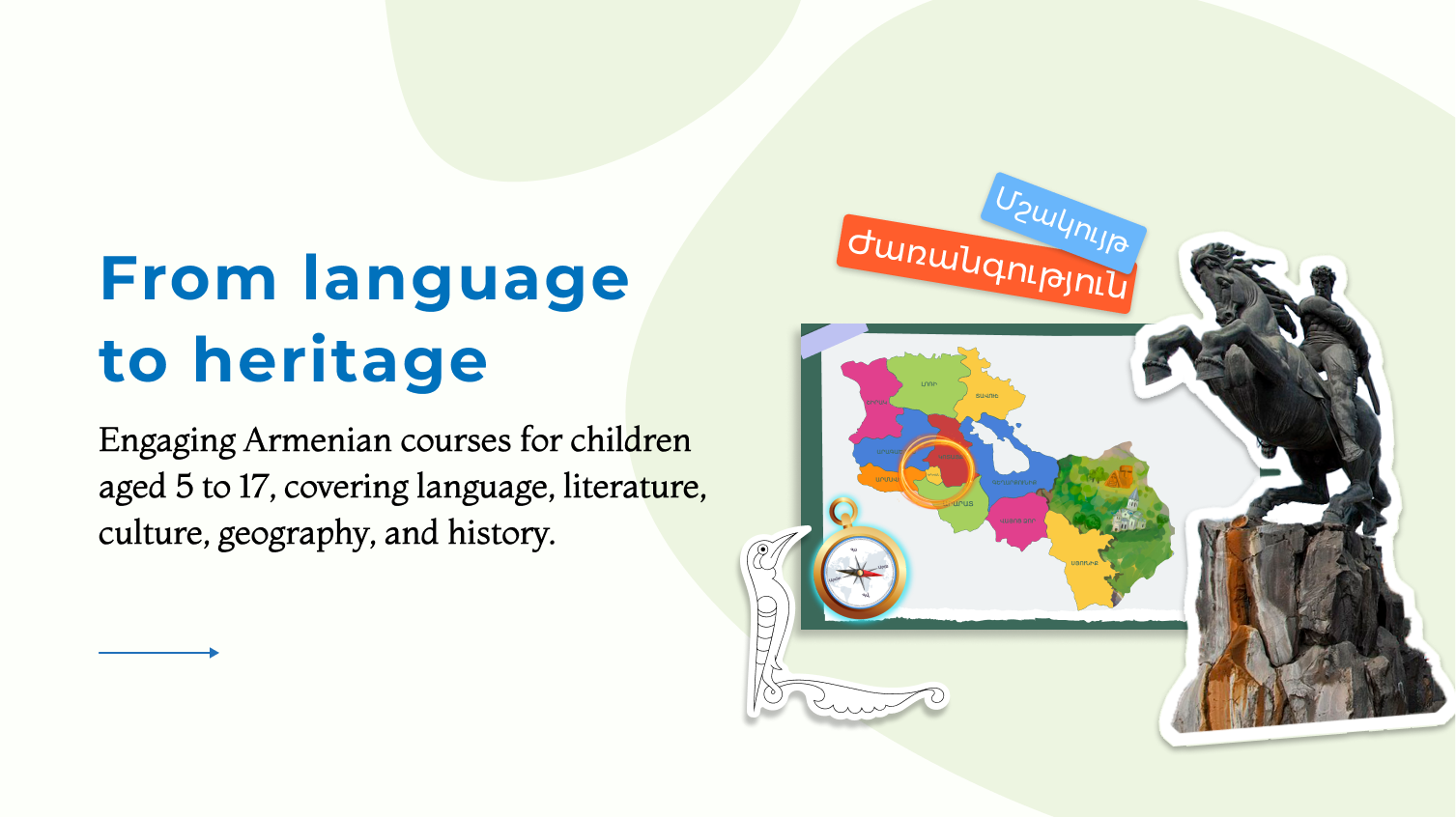
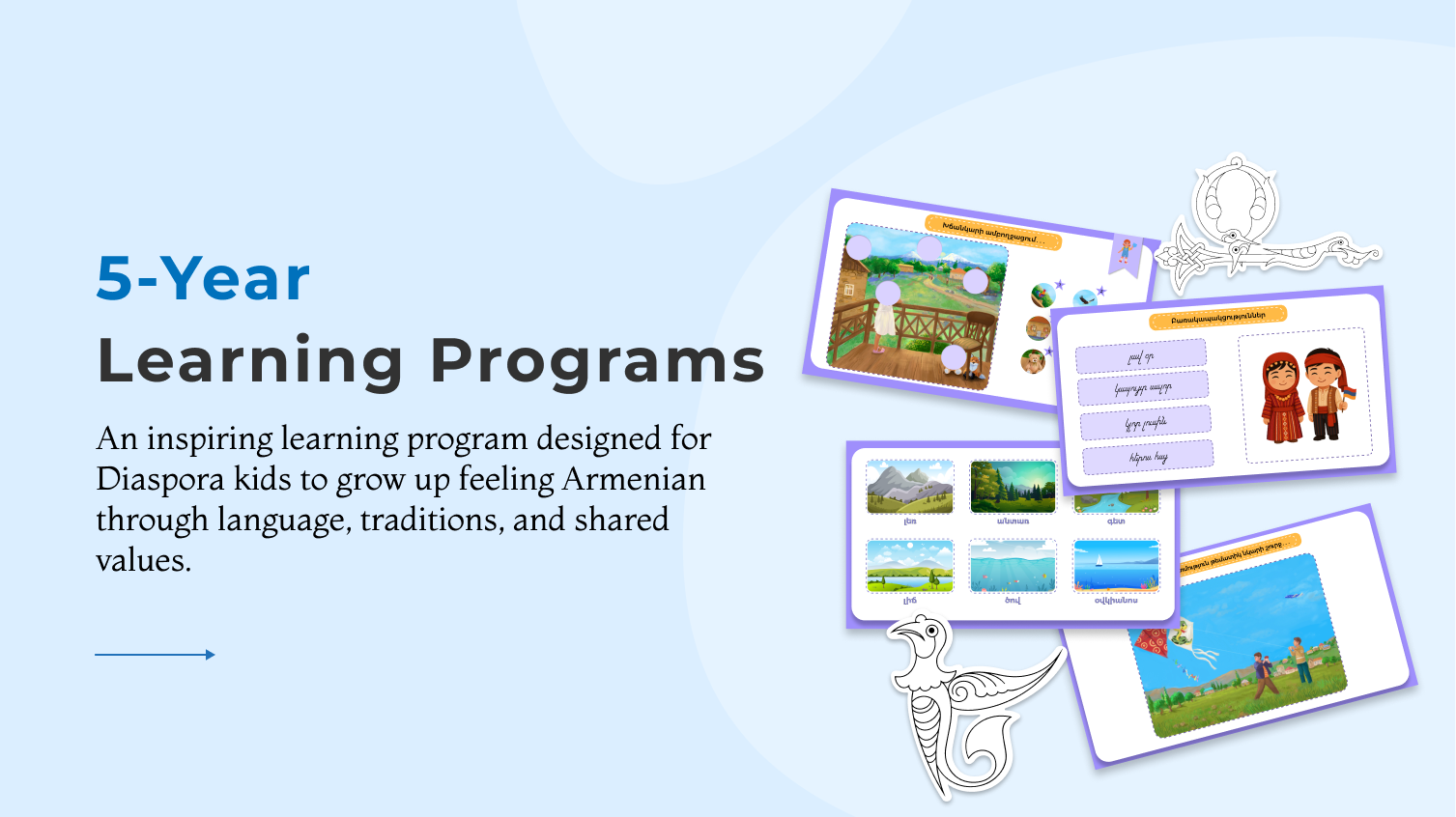
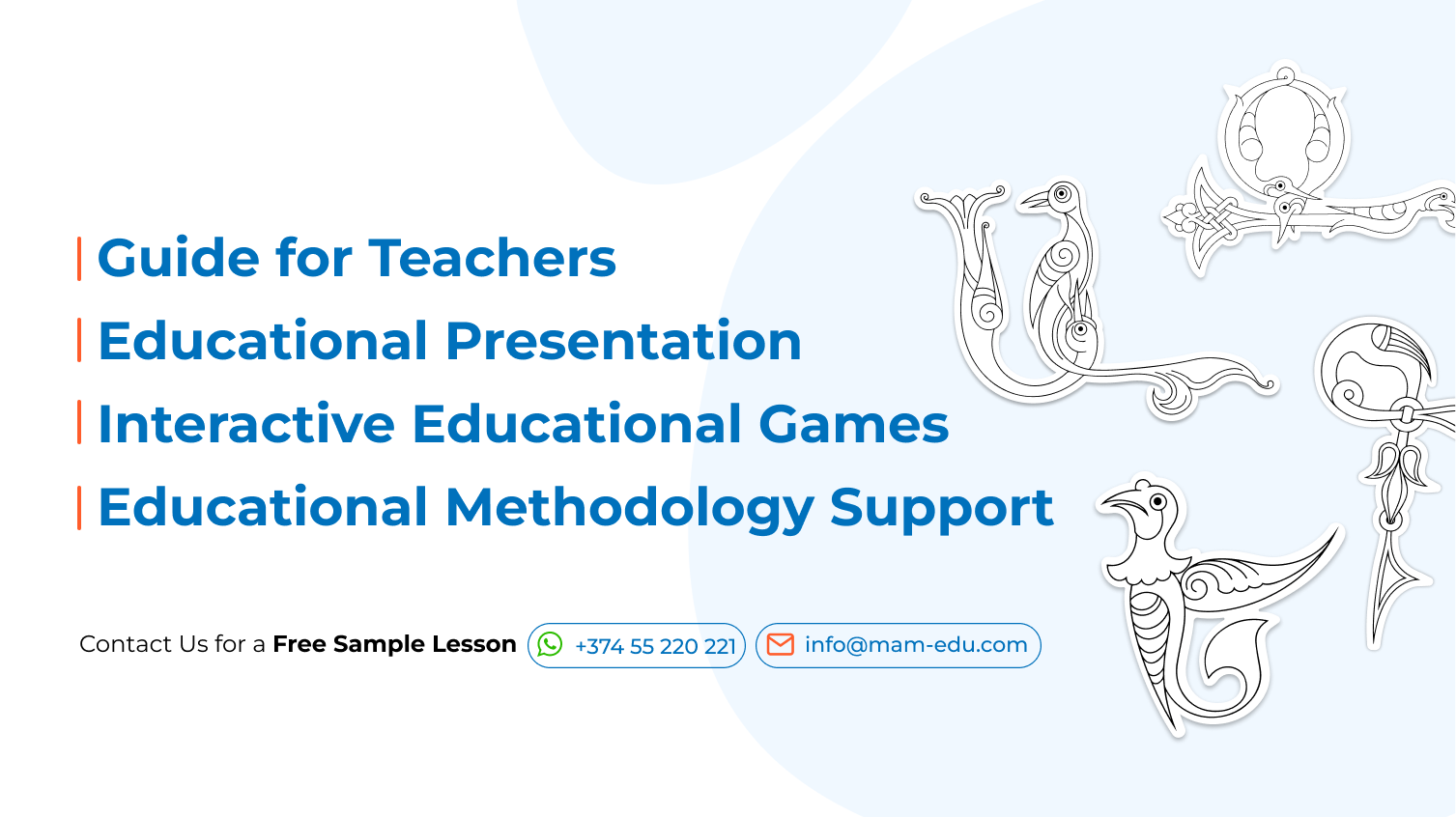



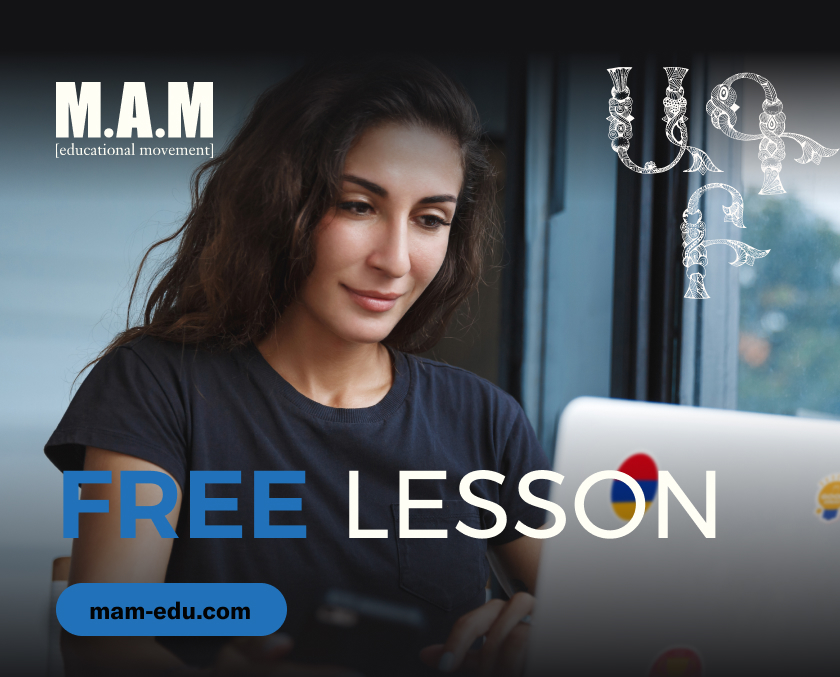
Join our trial lesson specially designed for you! Start reading, writing and speaking freely!

Join our trial lesson specially designed for you! Start reading, writing and speaking freely!

Join our trial lesson specially designed for you! Start reading, writing and speaking freely!

Join our trial lesson specially designed for you! Start reading, writing and speaking freely!

Join our trial lesson specially designed for you! Start reading, writing and speaking freely!

Join our trial lesson specially designed for you! Start reading, writing and speaking freely!

Join our trial lesson specially designed for you! Start reading, writing and speaking freely!

Join our trial lesson specially designed for you! Start reading, writing and speaking freely!

Join our trial lesson specially designed for you! Start reading, writing and speaking freely!

Join our trial lesson specially designed for you! Start reading, writing and speaking freely!

Join our trial lesson specially designed for you! Start reading, writing and speaking freely!

Join our trial lesson specially designed for you! Start reading, writing and speaking freely!

Join our trial lesson specially designed for you! Start reading, writing and speaking freely!

Join our trial lesson specially designed for you! Start reading, writing and speaking freely!

Join our trial lesson specially designed for you! Start reading, writing and speaking freely!

Join our trial lesson specially designed for you! Start reading, writing and speaking freely!

Join our trial lesson specially designed for you! Start reading, writing and speaking freely!

Join our trial lesson specially designed for you! Start reading, writing and speaking freely!

Join our trial lesson specially designed for you! Start reading, writing and speaking freely!

Join our trial lesson specially designed for you! Start reading, writing and speaking freely!

Join our trial lesson specially designed for you! Start reading, writing and speaking freely!

Join our trial lesson specially designed for you! Start reading, writing and speaking freely!

Join our trial lesson specially designed for you! Start reading, writing and speaking freely!

Join our trial lesson specially designed for you! Start reading, writing and speaking freely!

Join our trial lesson specially designed for you! Start reading, writing and speaking freely!

Join our trial lesson specially designed for you! Start reading, writing and speaking freely!

Join our trial lesson specially designed for you! Start reading, writing and speaking freely!

Join our trial lesson specially designed for you! Start reading, writing and speaking freely!

Join our trial lesson specially designed for you! Start reading, writing and speaking freely!

Join our trial lesson specially designed for you! Start reading, writing and speaking freely!

Join our trial lesson specially designed for you! Start reading, writing and speaking freely!

Join our trial lesson specially designed for you! Start reading, writing and speaking freely!

Join our trial lesson specially designed for you! Start reading, writing and speaking freely!

Join our trial lesson specially designed for you! Start reading, writing and speaking freely!

Join our trial lesson specially designed for you! Start reading, writing and speaking freely!

Join our trial lesson specially designed for you! Start reading, writing and speaking freely!
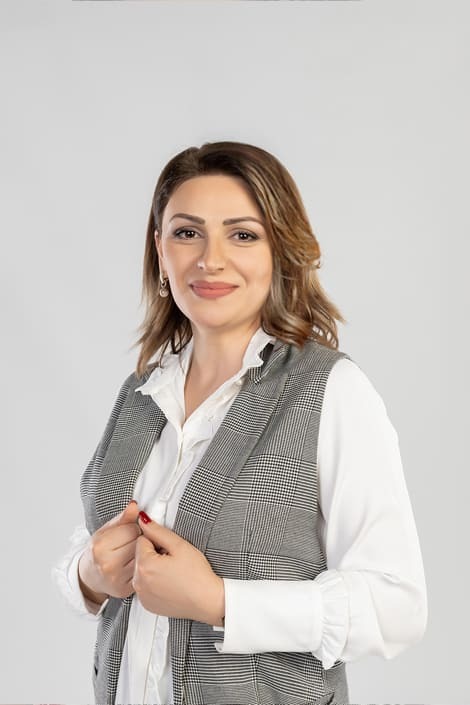
You can only learn what you really love.
Master of School Pedagogy.
17 years of pedagogical experience and long-term Armenian language teaching experience.
Teacher and methodologist of "Aregnazan" educational complex.
Expert of the NCEDI Foundation.
About the project
This project is a great opportunity to carry out pedagogical activities outside Armenia, to learn the latest methods and technologies of distance education, to get acquainted with the Armenian children in Diaspora, to carry out this patriotic work for them, to discover new pedagogical fields, to reach new heights and finally to make a small contribution in the most important case of preservation of the Armenian identity.
Message to students
With us the Homeland is closer.
Why M.A.M?
This program is not the only one, and it is very good, but it is unique, because it unites people with a high level of responsibility, honesty, dedication, professionalism and creativity. The wonderful idea has been strengthened with great faith and love and it is brought to life due to a strong will, and I am happy to witness and participate in that wonderful process.
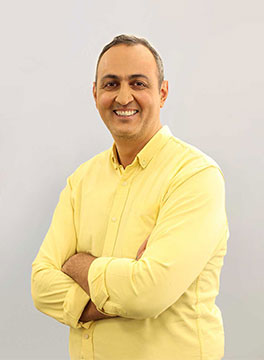
First, be educated.
Historian, education specialist, history teaching expert.
Participated in teacher training programs at University College of London (UCL) in collaboration with the University of Cambridge.
More than 15 years of pedagogical work experience.
Lecturer at the American University of Armenia.
Author of the monograph "The Armenian State of Kilikia in the Mediterranean Trade System (13-14th centuries)" and co-author of the book "Book of teaching history: Why? How?", as well as the author of more than thirty scientific works.
About the project
First of all, the feelings and ideas stand at the heart of this project, without which education will become a purely mechanical process. What kind of individual do we want to have as a result of this project? An individual who not only has subject knowledge, but also possesses the most important skills for living, acting and living in the modern world, most importantly, has high individual qualities and abilities.
Message to students
Education is not the ultimate goal, but a way to create an environment and society with harmonious and productive relationship. So, by joining M.A.M, one can understand that it is not just about learning different subjects, but a place where we learn to relate, collaborate, tolerate, to be open and, finally, to love.
Why M.A.M?
The main emphasis is on measurability, when pure slogans, goals and good wishes do not remain just words in this program, but become clear, measurable educational processes.
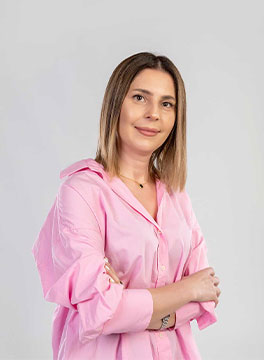
The teacher who is able to endow his students with the ability to find joy in work deserves a laurel wreath…
Elementary school teacher. 17 years of pedagogical experience in the best schools of Armenia.
Currently working at the "Quantum" College.
About the project
My students are children aged 6-10. Teaching and educating children is an important part of my life. I am a mother myself, I perfectly understand how difficult it is to find the right teacher who will be a professional in her field, will make your child happy. Therefore, I make every effort to give my professional skills, dedication and kindness to the child not only as a teacher but also as a friend. I try to communicate with each student individually and to adapt my teaching style to everyone. My goal is to make each lesson interesting, interactive and educational.
Message to students
High quality education is the pillar of building a strong and stable country. The goal of each of us is to give this interesting and responsible job with great strength and energy. Let’s not stop dreaming every day, seeing the good and the beautiful, rejoicing in our success and overcoming all the difficulties.
Why M.A.M
M.A.M is an educational platform that will help you see the good and the beautiful, will help you always dream, rejoice in success and overcome difficulties. Join our team…
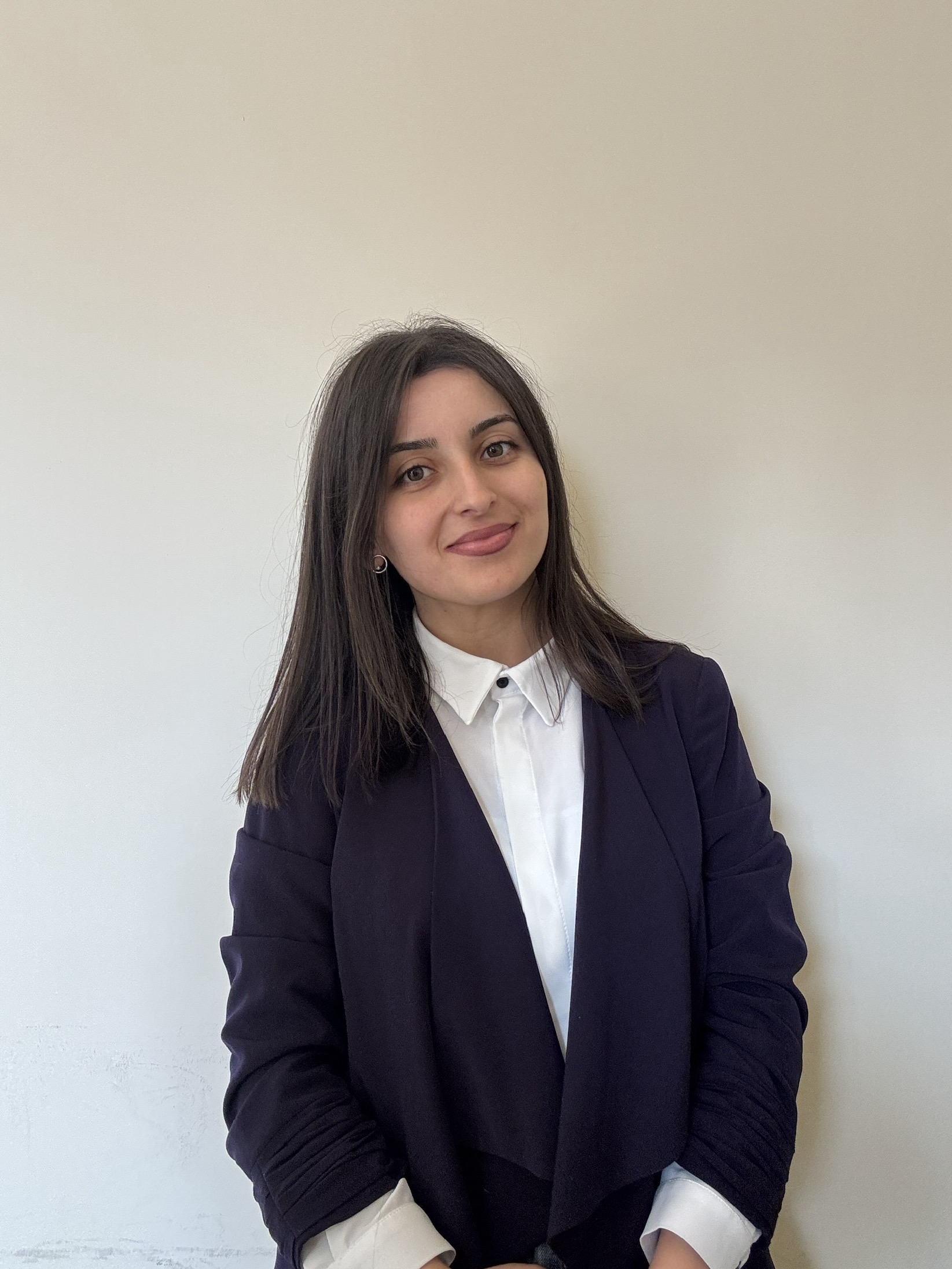
The best or nothing: striving for excellence in everything.
About the project
This project provides an opportunity to become a link between students and their Homeland, to help establish deeper ties with this Homeland, to form children endowed with the consciousness and values of an Armenian, who in years to come will become the creators of the future of the Diaspora or, perhaps, our Homeland.
Message to students
Patriotism begins with the knowledge of the Motherland. To become a powerful tree, you need to have strong roots, and your roots are formed in the Armenian language.
Why M.A.M?
Lessons at M.A.M will never be boring, and the next meeting full of discoveries will always be waiting for you. This is one of those unique projects that takes serious practical steps in the field of preserving the Armenian heritage, combining pleasant and important things.
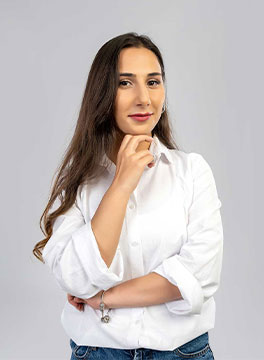
History teacher, orientalist and Iranologist.
Teacher and leader in "Teach for Armenia".
Studied Iranian historiography at Allameh Tabataba University.
About the project
Opportunity to have influence not only within the borders of our country, but also abroad, returning the Armenians all over the world to their roots.
Message to students
You change the world.
Why M.A.M
The importance of education and the realization of power is paramount, the appreciation of the Diaspora-Armenia connection is aimed at action and it is clear the realization that by educating a patriotic individual with world values today, we are building strong society and country of tomorrow.
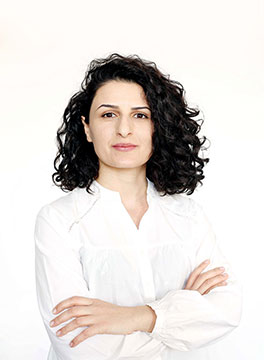
To enjoy healthy fruits, it is necessary to water the roots.
Psychologist-consultant of M.A.M educational movement.
Master of Developmental Psychology, 9 years of work experience in the field of practical psychology, 5 of which as an education psychologist.
Provides individual psychological consultancy to children, adolescents and adults, has extensive experience in individual and group work with teachers and parents.
Co-founder of the Armenian Association of Analytical Psychology. Psychologist of "Children of Armenia" charity foundation.
Three-year training program of the International Association of Analytical Psychology to get the qualification of Jungian analyst. (IAAP Router Training).
About the project
Providing quality education to children growing up in the Diaspora, strengthening ties with the Homeland and preserving the Armenian identity are more important than ever. The founders of the project, even in case of great desire, could not hide all the faith and enthusiasm they had for the newly developed project. And it was contagious. There was a great desire to be part of a project that will surely have deep roots and lush branches throughout Armenia and the Diaspora.
Message to students
Strengthen your decision to remain Armenian with this project. The main mission of the courses is to provide the necessary conditions for the formation and preservation of the Armenian identity of children living in the Diaspora. The best way to achieve that is education, self-recognition and patriotism. It is difficult to be identified with something that is not familiar and close to your heart. We want to introduce the children to Armenian and to create an emotional connection.
Why M.A.M
The development of the trainings took many months, the format and content were made up taking into account the age, psychological and cultural characteristics of the children. No text, game, exercise was chosen by chance. The teachers who made up the program have a rich pedagogical experience and a unique approach, which has allowed them to receive live, dynamic classes. Our approach is not strictly academic, but comes from the experience of working directly with children. Having, for example, a clear methodology for teaching letters, we also give professionals the freedom to create, to conduct interesting experiments, based on their individual style and pedagogical approaches.
If you want to achieve the desired result, you need to go beyond your comfort zone.
He has been actively engaged in chess for 15 years, the rating is within 2000. After chess career, he switched to coaching, has been teaching at the school for 8 years.
About the project
This format of work is a great opportunity for our compatriots living abroad so that they can be very close to their homeland using this Armenian platform.
A message to our students
Chess has a special feature. If you treat chess as a game, it will remain a game. and if you treat chess as an ideology and use chess knowledge in your life, progress and prosperity await you. To achieve this, we must work hard and take this science seriously.:
Why choose M.A.M?
M.A.M. is an intermediary between Armenia and Armenians abroad. This important work of M.A.M is simply contagious for any patriot, unites us by preserving national values and culture that have come from the depths of centuries. M.A.M is always with you, wherever you are, no matter what happens…
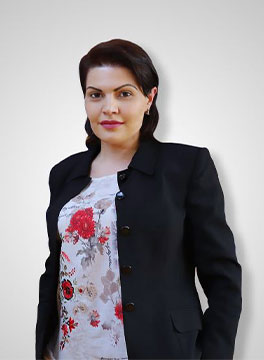
«Children should be brought up with unspeakable love and enthusiasm»․
Philologist, teacher, psychologist, editor, proofreader:
National Academy of Sciences of the Republic of Armenia Postgraduate student of the Acharyan Institute of Language․
Specialist of the Armenian Language and Literature of the ASPU Reference Gymnasium and Primary School No. 57․
Many years of experience: AGPU named after Khachatura Abovyan, Zangak Publishing House, French College in Armenia Foundation, Global Bridge Educational Complex․
About the project
The aim of the project is to place and significantly increase attention to the native language in the Armenian Diaspora reality․
Attaching importance to the targeted work aimed at preserving the national system of values with the enhancement of national values, an interesting and educational program has been developed, and for the successful overcoming of which the potential of experienced methodologists and specialists will serve to provide assistance and support provided to students of the Armenian Diaspora․
Message to students
The study of the native language, based on acquired knowledge and linguistic abilities, contributes to the awareness of the important role of the Armenian language, Armenian literature, history and culture in the preservation of the nation, their perception as the highest and unified form of expression of the Armenian national culture․
It is necessary to unite, teach, stimulate, learn and succeed:
Why M.A.M
One of the problems of concern is the preservation of national identity not only in the native country, but also outside the Homeland.
To overcome this very important and profound barrier, the idea arose to create an opportunity by which we will definitely help children from the diaspora to love their native language, arouse interest in their Homeland and overcome the difficult problem of learning and perceiving their native language.
The best way to unite our children scattered all over the world is online learning, through which we will provide each other with a warm and cordial atmosphere and provide a much more desirable result than expected, putting work at the service of the goal.
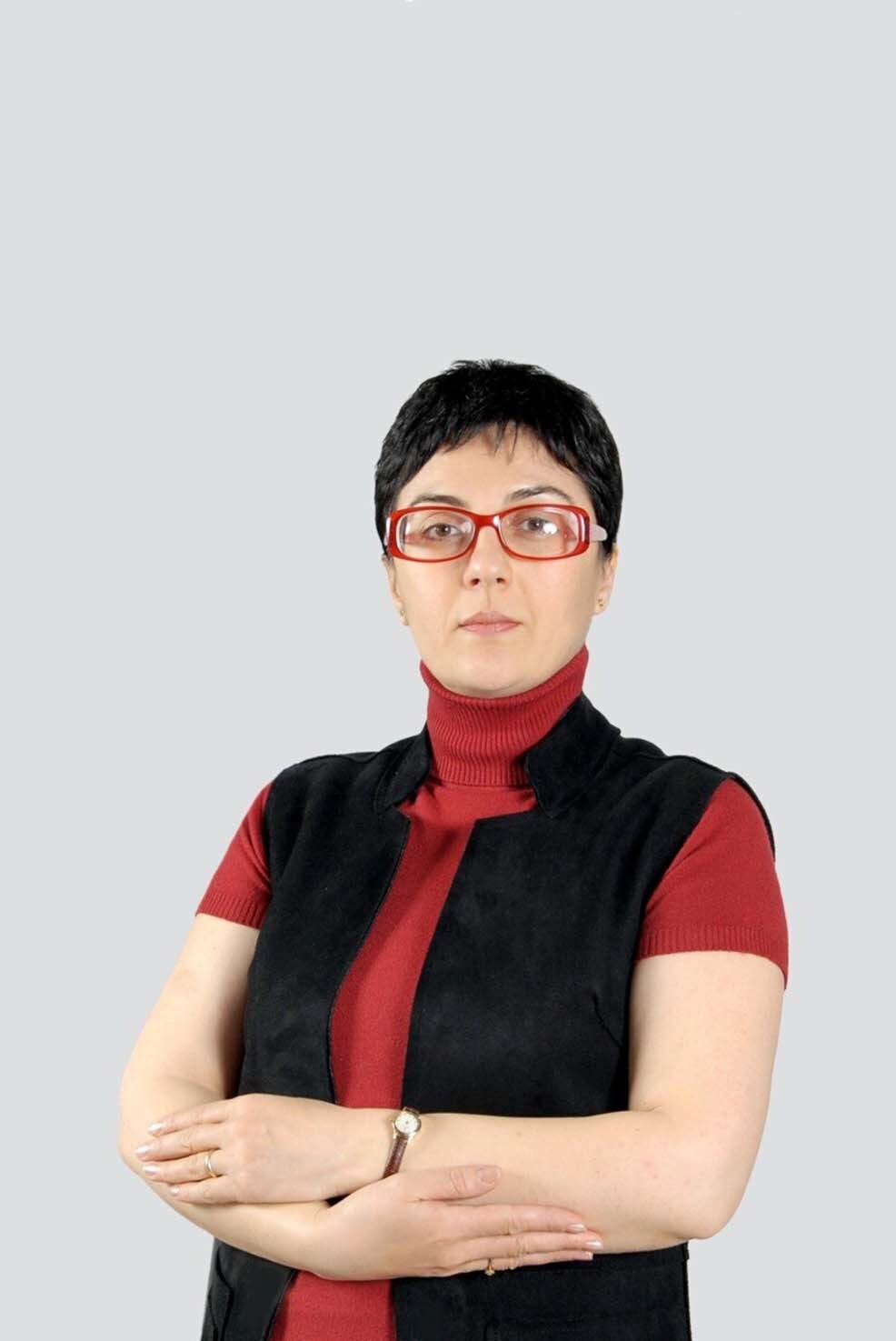
I dream, so I live...
Master of Philology, literary critic, teacher of the Armenian language and literature
Many years of teaching experience, worked at the Matenadaran named after Mesrop Mashtots, Dilijan Central School, European Regional Educational Academy
About the project
This project is a dictate of the times and a real gift and opportunity for our Armenians all over the world. In this era of globalization and alignment, when the world nevertheless needs originality, the preservation of Armenians is a mission, thanks to which a generation will grow up aware of national identity, familiar with Armenian culture, patriotic, at the same time being a citizen of the world.
Thanks to the magical influence of the native language, the spiritual bond between parents and children will be strengthened, and mutual understanding will become complete.
A message to students
To have the courage and determination to be happy, to walk steadily towards your dream.
Why M.A.M?
With M.A.M., you can find the shortest path leading to your identity. Colorful, interesting, carefully thought-out classes with friendly and dedicated teachers will seem like a pleasant pastime to you, you will feel the love and warmth coming from your Homeland.
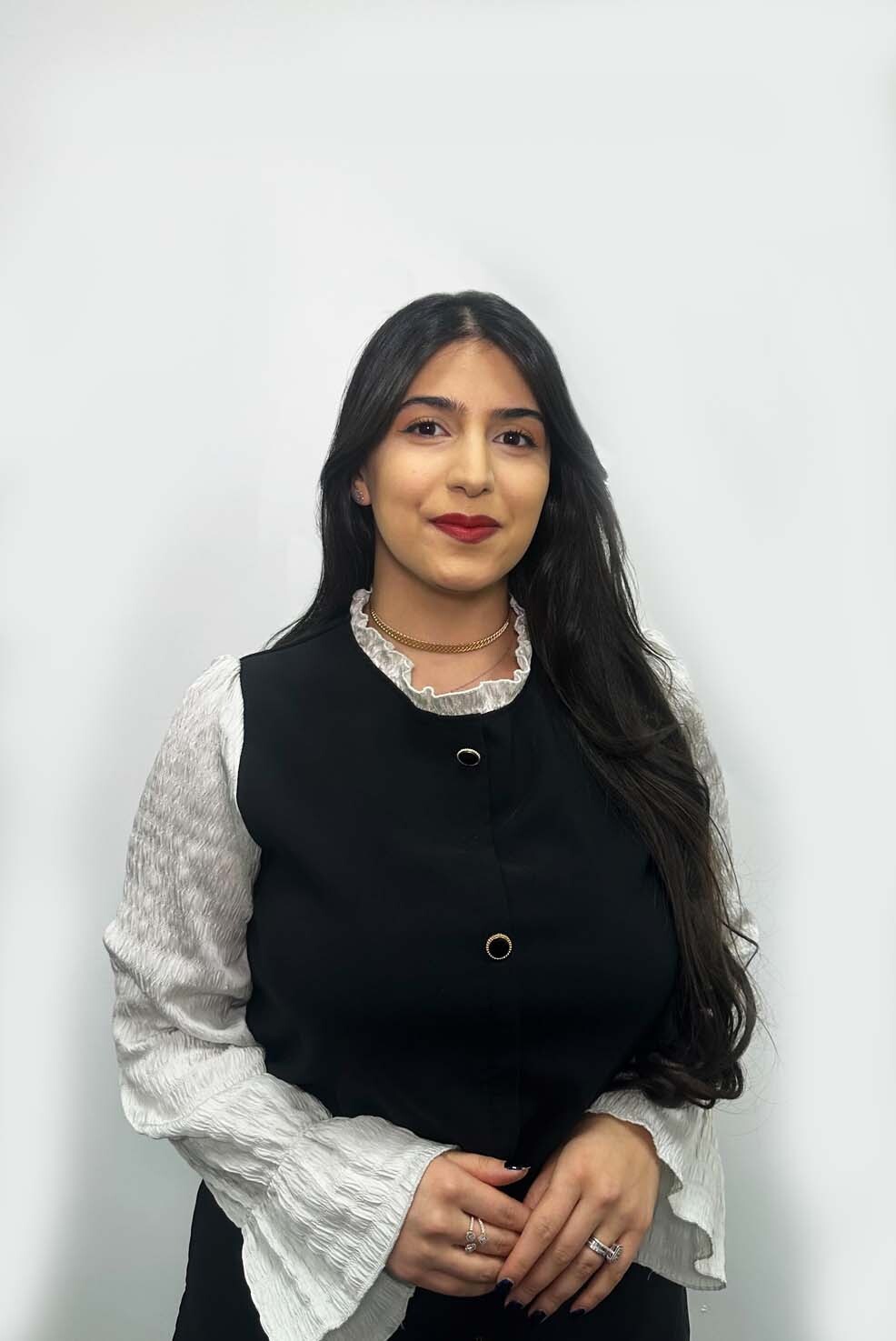
Master of French Language and Literature, teacher qualification.
Distance learning teacher, 5 years of teaching experience, TV presenter, news commentator՛
About the project
Teaching Armenian is not just a job for me՛
Experience shows that good looks, neat clothes and a confident smile alone are not enough, intellectual development and knowledge that can shed light in difficult situations are of paramount importance. M.A.M gives people living in different parts of the world the opportunity to unite around the Armenian language and gain knowledge to be even more intelligent, literate and Armenian.
A message to students
It's your turn to learn, develop and become even better, don't waste your time. Maybe the idea of making the world an even better place flashed right through your head.
Remember, knowledge is a magic wand that belongs only to you, and no one can take it away from you, and if necessary, it will help you realize your dreams. You can become better, smarter and more literate if you find yourself in the right environment.
Why M.A.M?
Nowadays, when there are many educational offers, it is difficult to single out and choose the best.M.A.M team offers an educational movement adapted to the demands of the time. Classes are held here in a warm atmosphere and technically equipped classrooms. This is M.A.M's job. The M.A.M team took up the job with love, and this is one of the keys to success.
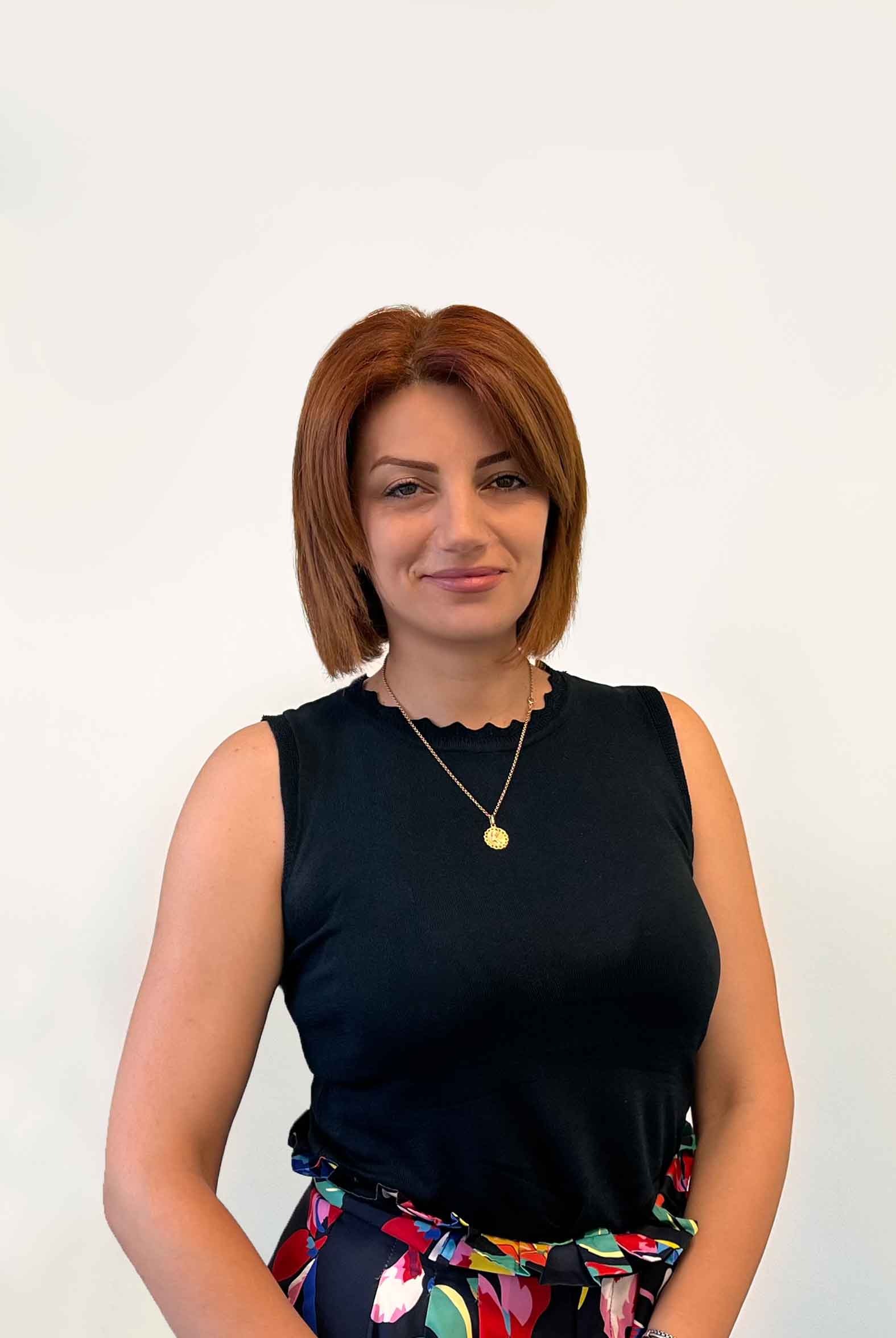
Never hesitate to conquer new horizons and be inspired by the successes of others.
Teacher of online and offline courses (full-time and distance).
Teacher of middle and high school students and adults.
More than five years of teaching experience. Currently works at the online school "Skyeng"
About the project
I work with children of different ages and nationalities, as well as with young people who live both in Armenia and abroad. Observing my personal experience and teaching a foreign language to our compatriots and foreigners for a long time, I have developed an effective teaching style that makes it easy to master the skills of reading, writing, and speaking.
Teaching the native language to our compatriots living abroad is doubly pleasing.
Here it is necessary to consider the grammatical and phonological features of the student's primary language and find the edges of intersection. As an older friend, I also believe that a teacher should transmit language knowledge and be a carrier of culture, religion, and national characteristics.
Message to students
Difficulties always seem impossible at the initial stage of the journey, so do not stop working and building your future. I also grew up in another country like you, but I don't think that justifies not knowing my native language. Therefore, with small steps and a great desire, you can succeed.
Why M.A.M?
M.A.M is not only an educational platform but also a warm environment in your native country, where they are always waiting for you and ready to help.
Well, are you ready to get to know us․․․?
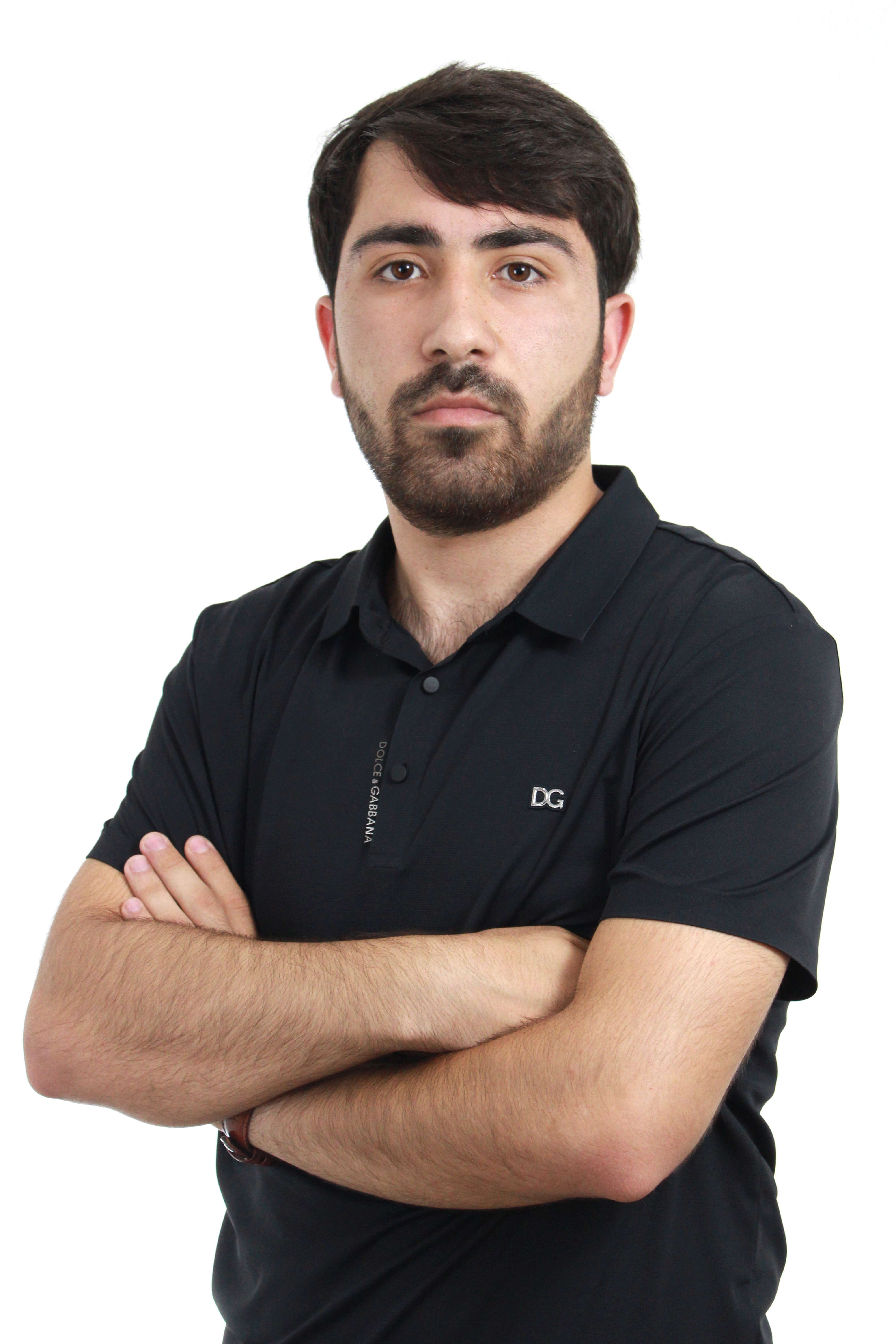
“Patience is the main thing for success”
I began my journey in chess at the age of 6 and have since participated and triumphed in numerous tournaments worldwide. Notably, I achieved the title of Champion in the Army Games, competing against the entire military. Currently holding a rating of 2150, I am actively involved in teaching chess while pursuing my studies at AUA (American University of Armenia).
About the project
This project aims to connect Armenian children living abroad with their nation and language. Chess serves as a unique form of communication; beyond mastering the game, it requires understanding your opponent or anyone in front of you.
Message to student
Chess is more than a game; it's a powerful tool for developing critical thinking, problem-solving skills, and strategic foresight. Mastering chess not only enhances mental agility but also fosters patience, focus, and decision-making abilities under pressure.
Why M.A.M?
M.A.M plays a pivotal role in fostering education and logical thinking among Armenians worldwide. Recognizing the significance of chess, it serves as a potent catalyst for enhancing cognitive abilities, which translates into better decision-making and improved critical thinking skills throughout their lives.
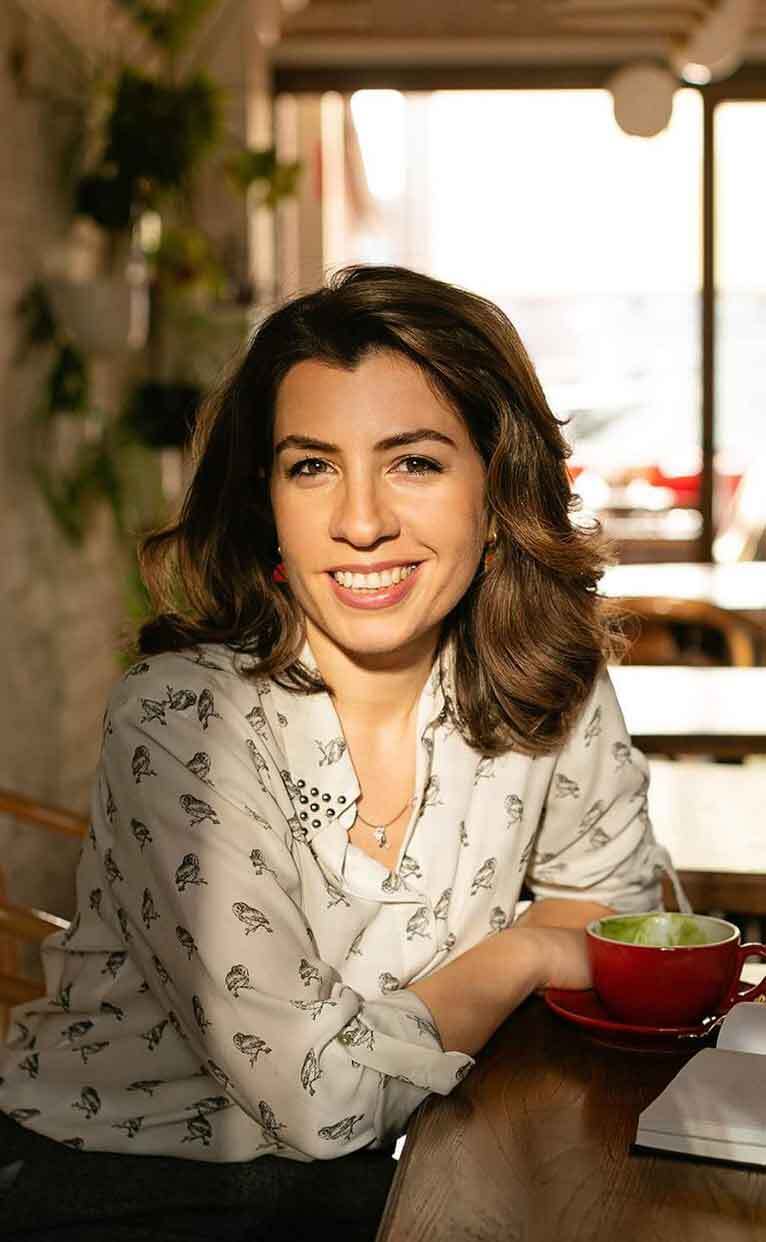
To build competitive society, educate and be educated
Theatre historian, journalist. I graduated from the Russian Institute of Theater Arts - GITIS in Moscow, and my degree is the Candidate of Arts (Ph.D.) in Theatre Studies.The thesis of my Phd concerns American drama and theatre. I have experience of more than 10 years in cultural and educational programs realization, I carried out many projects aimed at the promotion and development of theatre performances and museum restorations. Participated in several researches and scientific work dedicated to Armenian culture and theatre history.
About the project
For many years I have been working in Diaspora, where I had an experience exchange opportunity to consider required steps we should take in the educational field. M.A.M. is a platform that spreads the popularized Armenian language, this knowledge can help us to explore ourselves and our culture.
Message to students
First of all, education is a communication ability, which can be developed further. By joining M.A.M, I would like to build an environment for people who will ask and discuss various questions while developing some critical thinking.
Why M.A.M?
Education is not about many words, it is more about gathering all the elements in one very concrete concept - one that is built on intellectual thinking. That is M.A.M's goal and purpose.
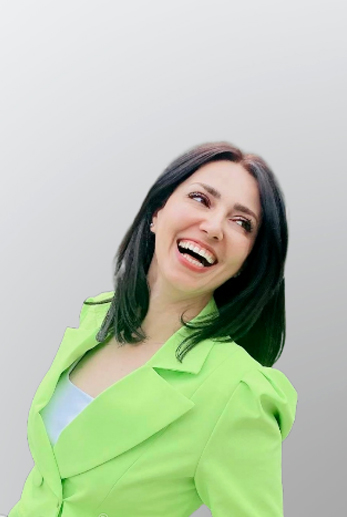
Live to create.
Senior teacher at secondary school of the International Scientific and educational complex Shirakatsy Lyceum.
More than 23 years of experience in the teaching field.
About the project
I consider it essential to know and use my native language regardless of geographical location; therefore, being a native speaker, I got involved in this business with great responsibility and love. I want all Armenian children worldwide to listen, speak, write, read, feel, joke, laugh, create in Armenian, and love and appreciate their native language.
As long as the Armenian "Ayb-Ben" lives, the Armenian will not die.
Message to students
Education is a treasure that no one will ever take away from you. Education is the key to opening the golden door of freedom.
GEORGE WASHINGTON
Why M.A.M?
M.A.M is an excellent platform that provides ample opportunities for the implementation of the program for the preservation of the nation
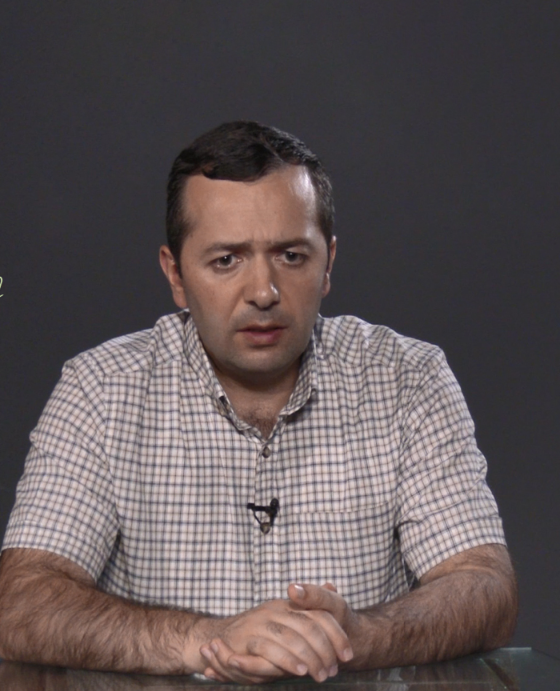
Since 2020, H. Sukiasyan has been the Head of the Department of Social Sciences of the National Agrarian University of Armenia, is a senior researcher at the Institute of History of the National Academy of Sciences of Armenia. Mr Sukiasyan has authored and compiled several historical books and works, including those dedicated to the 1918 events in Armenia and the region. He is the author of dozens of scientific articles on History.
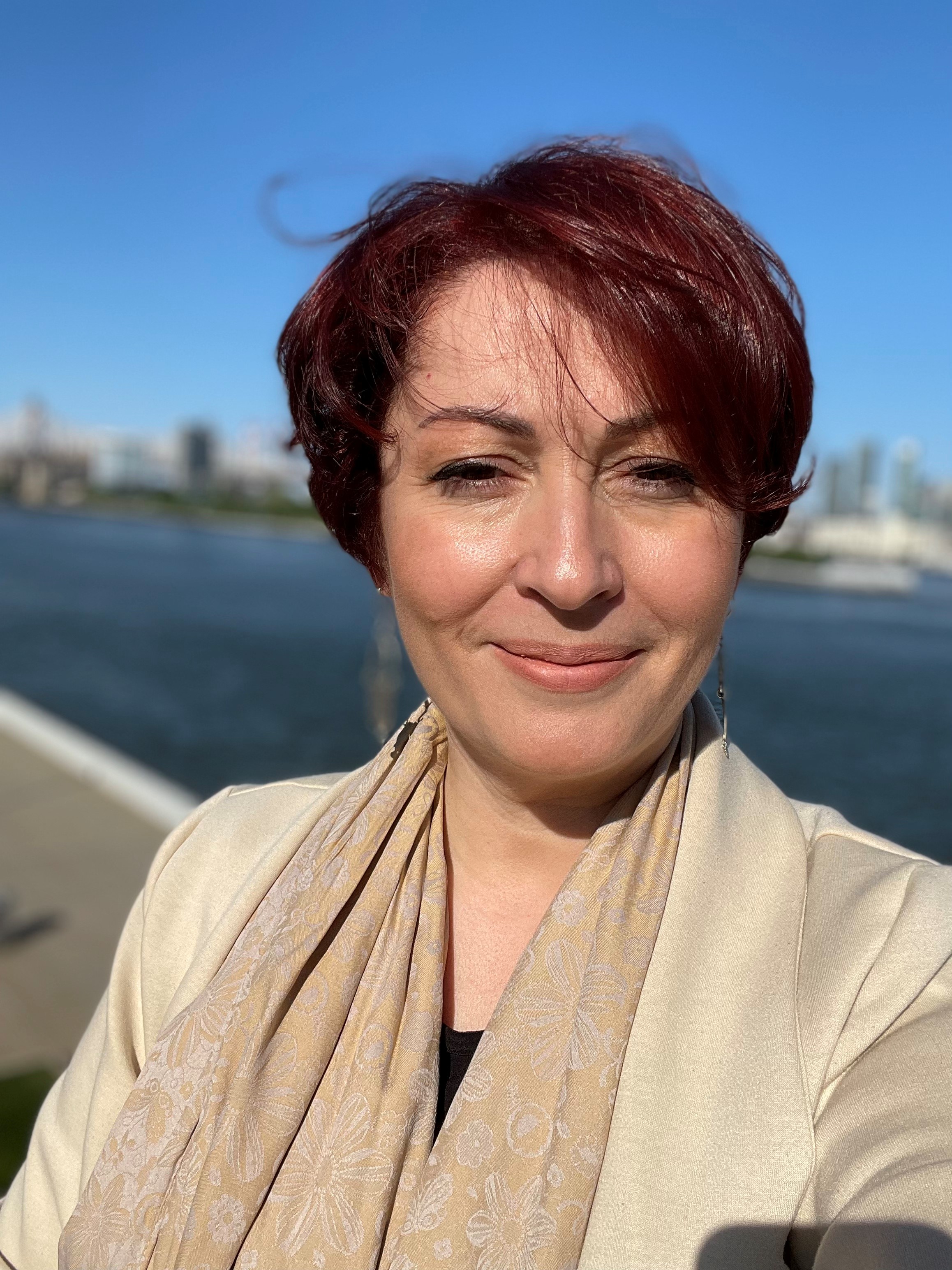
Colonel of the Rescue Service; Over 25 years of service in academic, state, and private organizations. The main activities include research and analyses in the sphere of prehistoric cultures, ancient disasters, disaster risk reduction, organization and supervision of ongoing projects, and lecturing and training of young specialists.
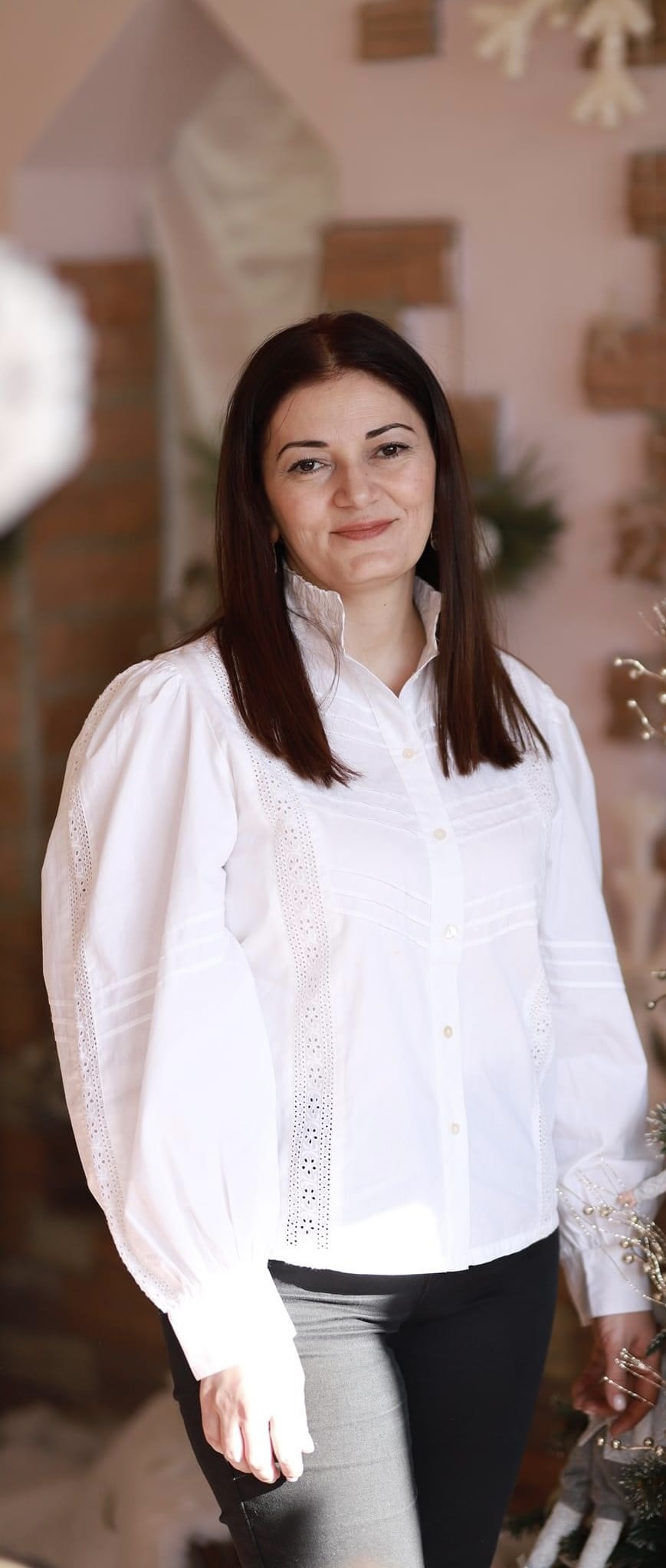
Journalist, teacher of English and Russian languages
Self-confidence needs to be learned from children. They believe that a castle can be built from three cubes. Sometimes we lack faith so much.
About the project
The project is a great opportunity to communicate with Armenians all over the world, spread Armenian, learn and teach, receive and give incredible emotions, contribute to the preservation of the Armenian people.
A message for students
Armenia is a country that you can discover endlessly. Discover and fall in love again and again.
Why M.A.M?
M.A.M., because there is a positive atmosphere, a pleasant atmosphere, the opportunity to become better and, most importantly, the desire and desire to unite all Armenians of the world around one idea. I think that everyone who has followed the path proposed by M.A.M will one day start thinking, worrying and missing the Armenian language.
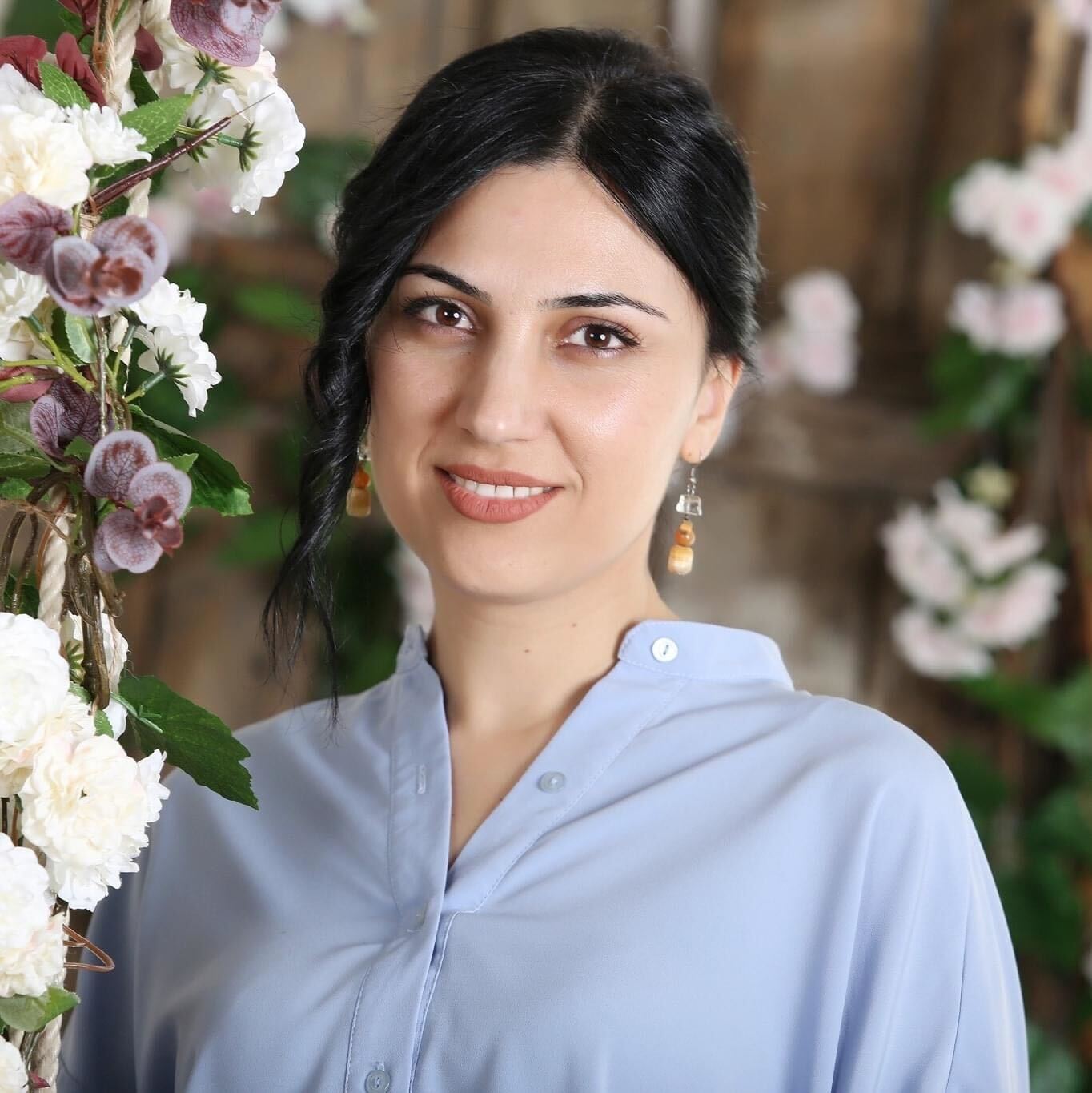
Everything that is done with love and devotion will be crowned with success.
Many years of experience in teaching Armenian in an intermediary language
About the project
The project gave me the opportunity to combine the useful with the pleasant, at the same time to do what I love and do patriotic and socially useful work.
Message to students
We, the teachers, are one of you with our emotions, fears, expectations, and enthusiasm. Let's not just be students and teachers, we will willingly cooperate to achieve our patriotic goal.
Why M.A.M?
M.A.M gives our compatriots in different parts of the world an opportunity through interactive and live lessons to learn and communicate in Armenian in technically equipped classrooms in the company of child-oriented, smiling, and enthusiastic teachers.
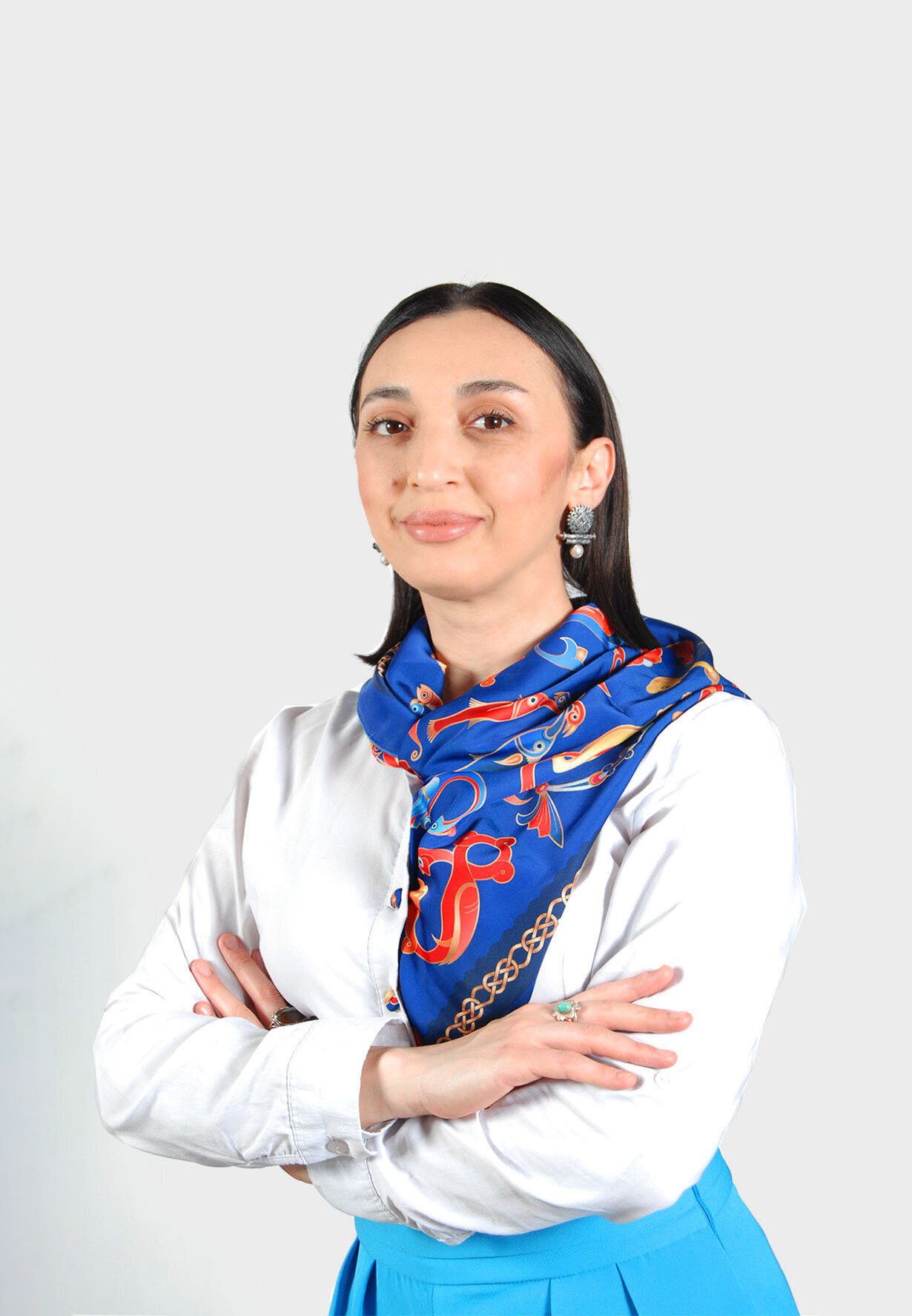
Being a teacher is not a profession, but a mission. Being an Armenian language teacher is a mission to preserve the nation.
Master of General Pedagogy. Primary school teacher.
8 years of teaching experience in the best educational institutions of Armenia and abroad:
About the project
A qualified professional team of the M.A.M educational platform carries out patriotic activities, creating ample opportunities for those who want to learn the Armenian language.
It neutralizes the space, uniting students around learning the Armenian language.
Message to students
Mastering the Armenian language is a pledge to remain Armenian, and mastering it is happiness to touch eternity and become a part of it.
Why M.A.M?
M.A.M is an educational platform that has gathered under one roof all those who want to contribute to the preservation of the Armenian nation.
This project is relevant, and promising demonstrates a highly professional approach, and provides a positive working environment.
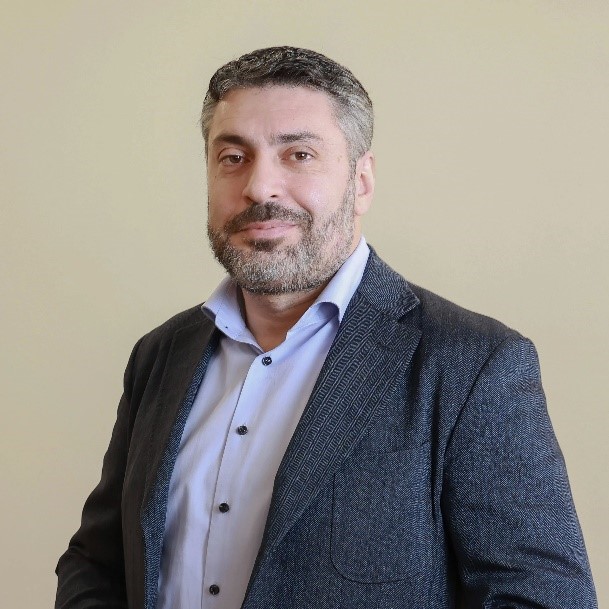
Ph.D. in Economics, co-founder and Director of the Repat Armenia Foundation.
He has more than 25 years of experience in the public and private sectors. He served as Deputy Minister of Diaspora.
An international expert on Diaspora issues, speaker of a number of international conferences on the topics of international experience in Homeland-Diaspora relations, identity issues, organization of repatriation and formation of integration policy.
He is the author and lecturer of the course "Comparative analysis of Diasporas" at RAU.
Before moving to Armenia, he worked as an economic adviser to the UK Department for International Development.
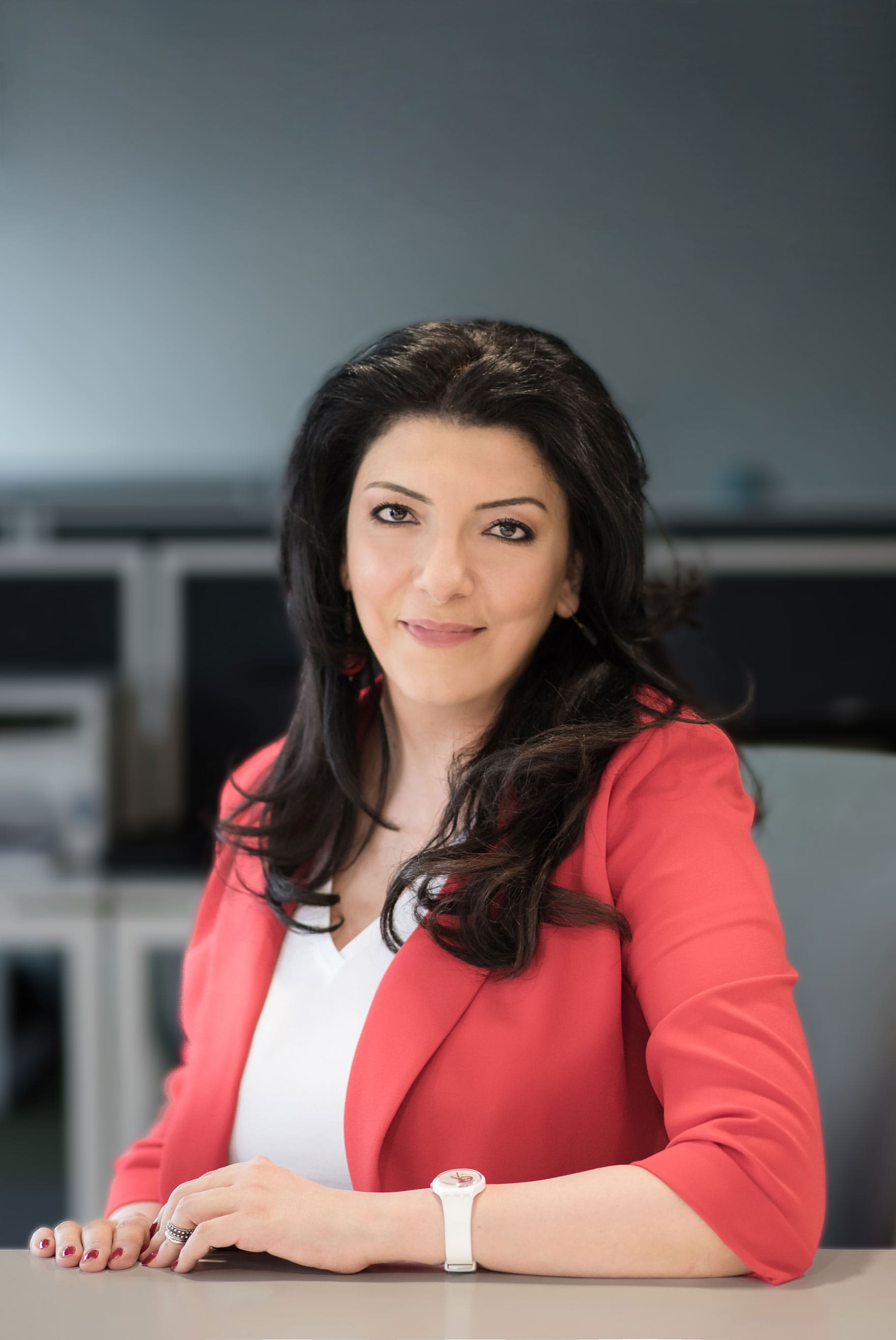
Education strengthens a person, society, nation, and state.
Candidate of Philological Sciences
10 years of experience in teaching the Armenian language
Accredited by the International Coaching Federation coach
Author of scientific articles, compiler of books, and editor
Head and co-organizer of educational, cultural, and youth programs implemented for youth and youth of the Diaspora
About the M.A.M
The aim of the project is to preserve the Armenians in the Diaspora. It offers a new and interesting format of informal Armenian language teaching with modern methodological and technical solutions, a specially developed program for age groups, and an adaptable course schedule.
Message to students
It is known that if we do not learn a language from childhood, then at later stages of life it becomes difficult to master it. Yes, it is true, but the Armenian language is already in our veins, in our blood, genes, and memory, and is silently waiting for us to give it life.
I believe in this reality and urge you to find the key to this life, to learn Armenian well, to remain an Armenian who speaks his own language, and to know and love our spiritual values. Do you know how sweet the aroma of our "spiritual tandoor" bread is? we will not find such a fragrance anywhere in the world.
Why choose "M.A.M"
In "M.A.M." you can find an environment where work and human relations are harmoniously interconnected, where the day begins without ending, giving an opportunity to study for 24 hours in a warm and direct atmosphere to our compatriots of the older and younger generation scattered around the world, where the Armenian language and everything Armenian is felt so close, that the distance format in no way prevents a full immersion in the learning process.
And if you decide to learn our native language or improve your knowledge, at the same time join our history and culture, strengthen the values that define your national identity, join our large pan-Armenian family, and let our movement aimed at preserving the Armenian identity be replenished in your person with another Armenian.
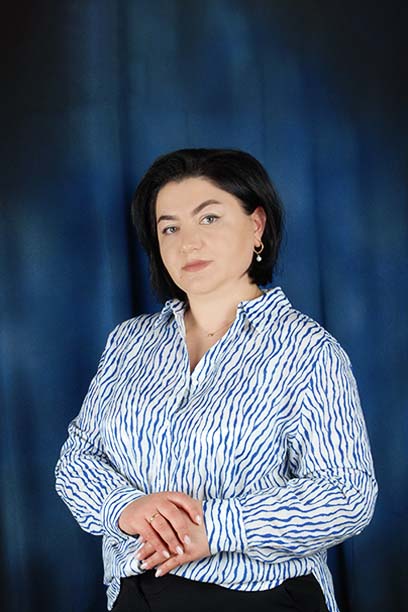
LEARN, LEARN, LEARN
About the project
To become a member of a wonderful family of M.A.M is, of course, a great happiness, but even more happiness is to be part of this great mission to preserve the Armenian. M.A.M is a great opportunity, first of all, to get to know each other, and then to become native speakers of the Armenian language, to become closer to our culture and traditions.
Message to students
Education is the only weapon and guarantee against the challenges of the world. For an Armenian living anywhere in the world, his native language is his weapon:
Why M.A.M?
M.A.M is an excellent informal, modern educational platform in which a qualified team of teachers simplifies any learning process. M.A.M is one of the few projects in which creativity is valuable.
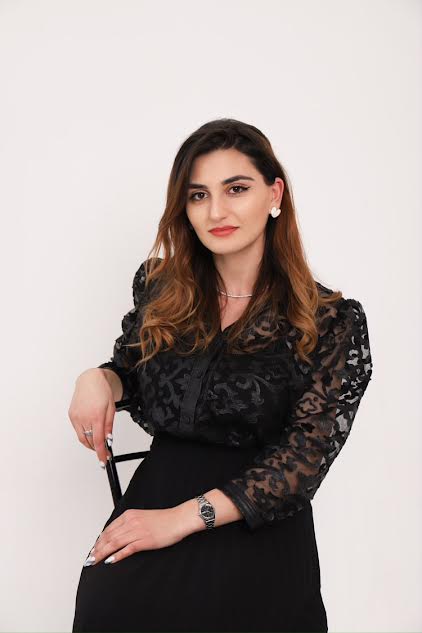
"All difficult paths lead to the best"
Philologist, teacher of the Armenian language and literature, many years of teaching experience.
About the project
For me, the project is an opportunity to be closer to my homeland. As a teacher, I myself, with the help of the wheel of fortune, make an Armenian who finds himself in different parts of the globe more Armenian. M.A.M is an opportunity, a particle of Armenian and Armenian identity that works wonders on the other side of the screen.
Message to students
Dear student, I know and believe in you, because together we will be able to overcome all the challenges of our beautiful and difficult Armenian language. Never get upset when learning Armenian, because our language is not one of those simple languages - our language is gentle and tender, like a child, and we need time to learn it.
Why M.A.M?
At M.A.M, you will be taught by those devoted to the Motherland, those dreamers who will lead you to your homeland with mind, heart and soul․․․
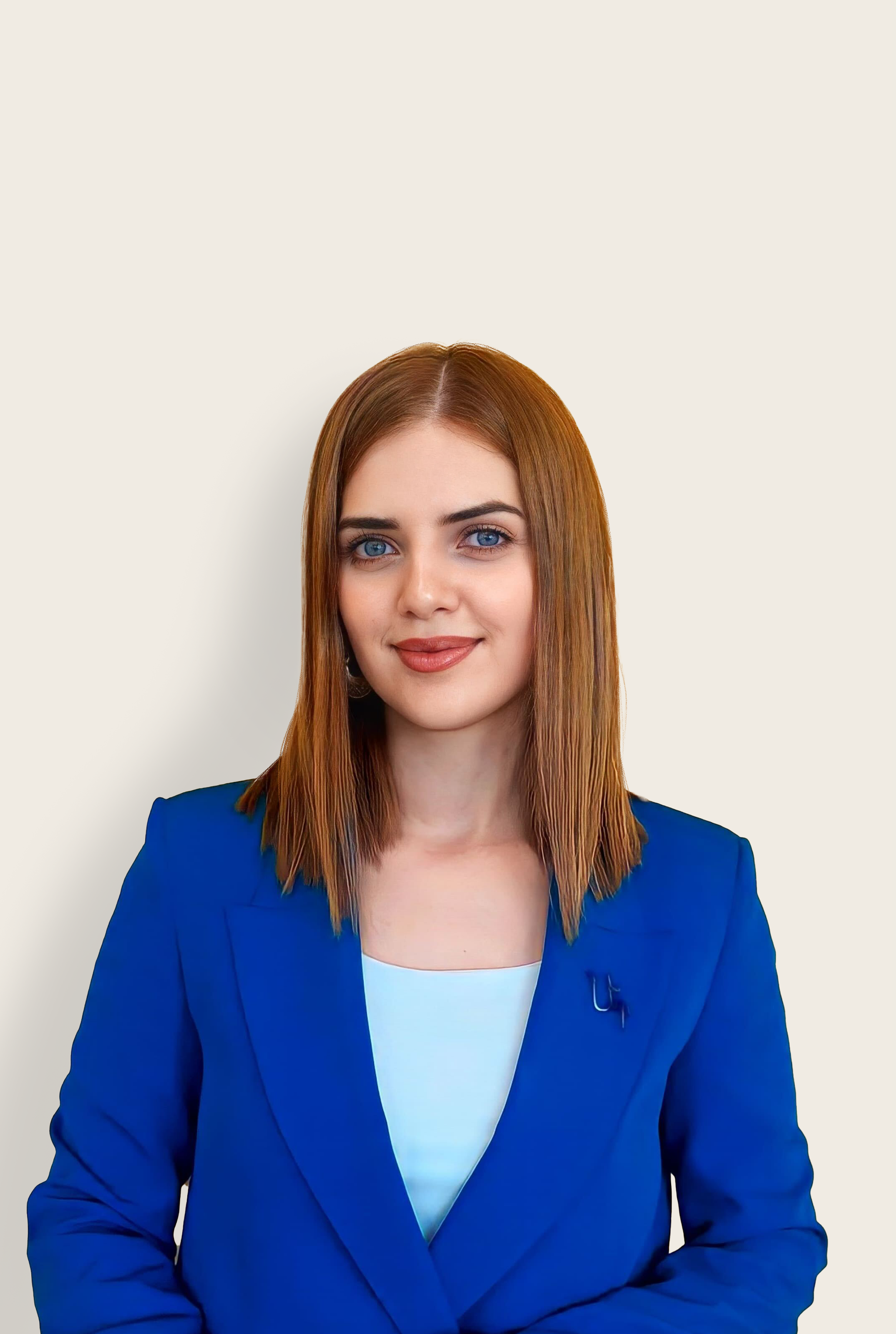
The purpose of education is to provide society with people who study...
Philologist, teacher of the Armenian language and literature, "Armenian Education" Educational Foundation
Participant of the Winter School of the University of Oulu in Finland, Participant of the Arga /Patara International Camp, Head of the LabLaw Youth Initiative /JMF/
About the Project
The project for me is a group of caring people who spare no effort to do more and do their best in the evaluation and dissemination of the Armenian and Armenian languages - to unite, educate and educate an Armenian with the spirit and mind of an Armenian.
Message to students
Dear compatriots, it does not matter at all where we live due to any circumstances. What matters is how we decide to preserve our roots, language and culture. With M.A.M it's all incredibly simple and real.
Why M.A.M?
At M.A.M dreams (especially patriotic ones and for the benefit of the nation) come true easily. They don't have time and space here…
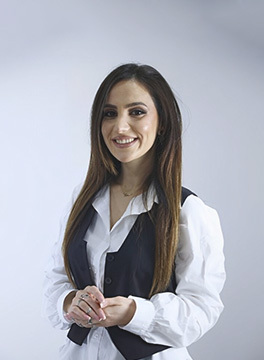
Patriotism begins with the knowledge of the Motherland.
Teacher of the Armenian language, Armenian Studies,
Teacher-ambassador of Educational Foundation "Teach for Armenia"
About the project
The project is the best opportunity for me to contribute to the sacred cause of preserving the Armenian people, preserving the language, and feeling more important as an Armenian.
Message to students
Learn ten languages, but hold on to your language, to your faith…
Why M.A.M?
Come to M.A.M where you will dream in Armenian, speak and think in Armenian. Come to M.A.M.,where you can discover Armenia in Armenian.
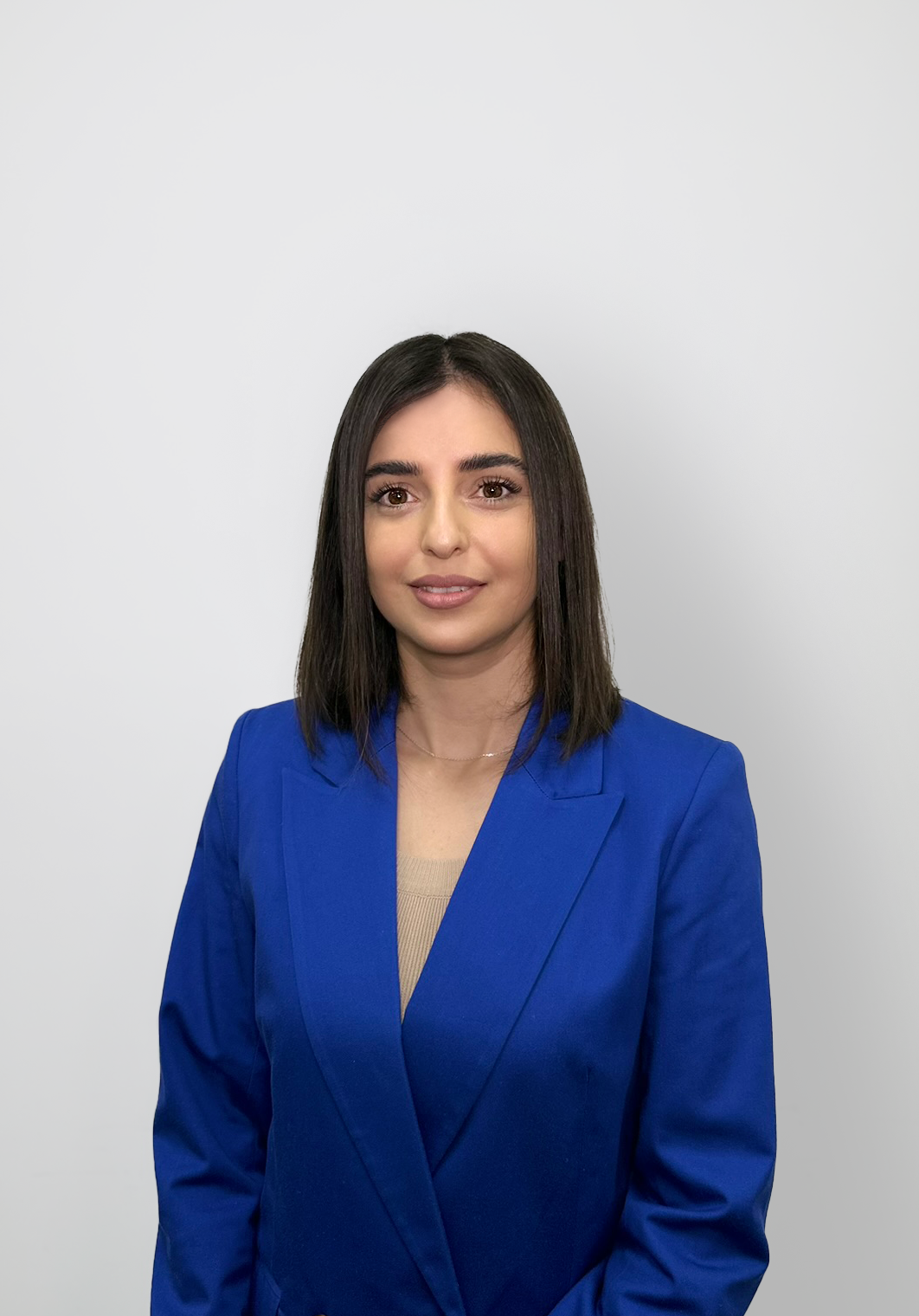
Գիտելիքն ու հզորությունը միևնույն բանն են
Ի՞նչ է նախագիծը Ձեզ համար
Սովորեցնել նշանակում է կրկնակի սովորել: Նախագիծն ինձ համար աճի, առաջընթացի և զարգացման լավագույն տարբերակ է: Այն մեկտեղում է արդեն
փորձված և նորարար ամենաարդյունավետ մեթոդները, այդպիսով դառնում մարտահրավեր՝ ուղղված ուսուցման կարևորագույն խնդիրներին:
Ուղերձ մեր ուսանողներին
Աշխարհաճանաչ լինելուց առաջ անհարժեշտ է լինել հայրենաճանաչ: Իսկ հայրենա-ճանաչողությունն էլ հայրենիքը ճշմարտապես սիրելու հիմքն է:
Ինչո՞ւ պետք է ընտրել M.A.M-ը
M.A.M-ը
իր ձևաչափով յուրօրինակ հնարավորություն է ուսուցման գործընթացը
կազմակերպելու լավագույնս՝ հաղթահարելով անգամ տարածաժամանակային
խոչընդոտները:
Այն դառնում է հարազատ տուն, որը սպասում և գրկաբաց ու ջերմորեն ընդունում
է աշխարհի ամեն անկյունից իր դուռը թակող հայորդուն՝ պատրաստ հիշեցնելու
նրան իր ինքնության արժեքները:
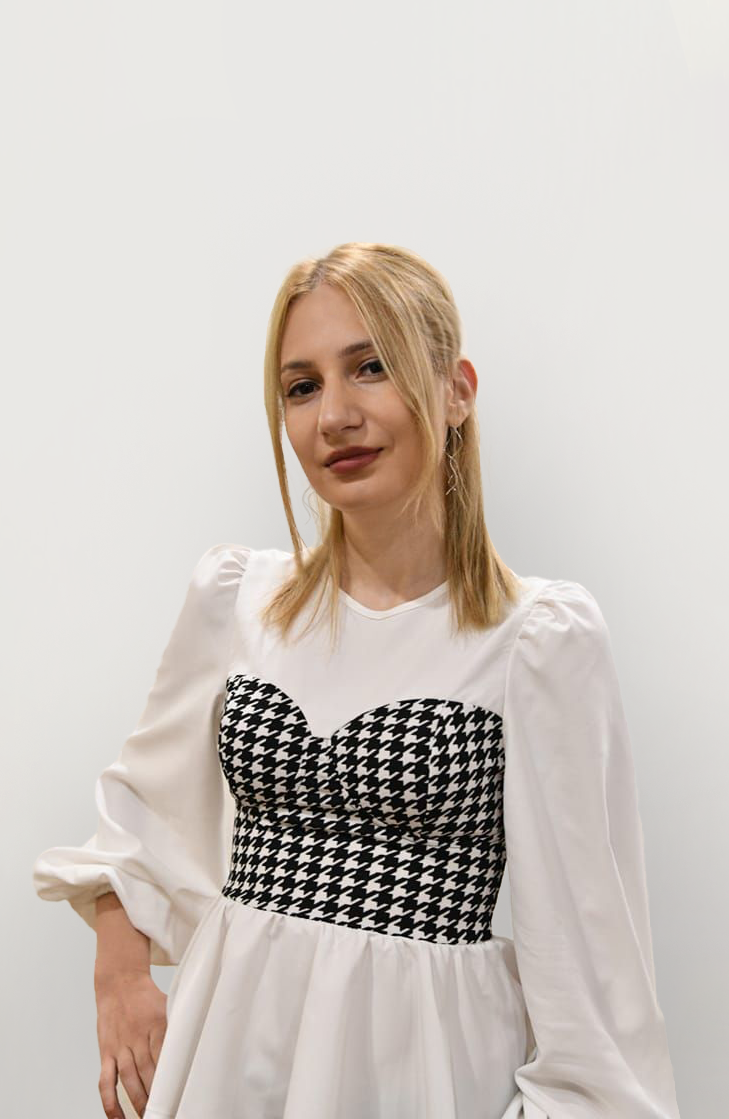
Always look ahead.
About the project
The Armenian national identity is at the heart of this project.
Message to students
Love your homeland and preserve the Armenian one.
Why M.A.M?
Here distance is not an obstacle to creating an emotional and knowledge-rich environment.




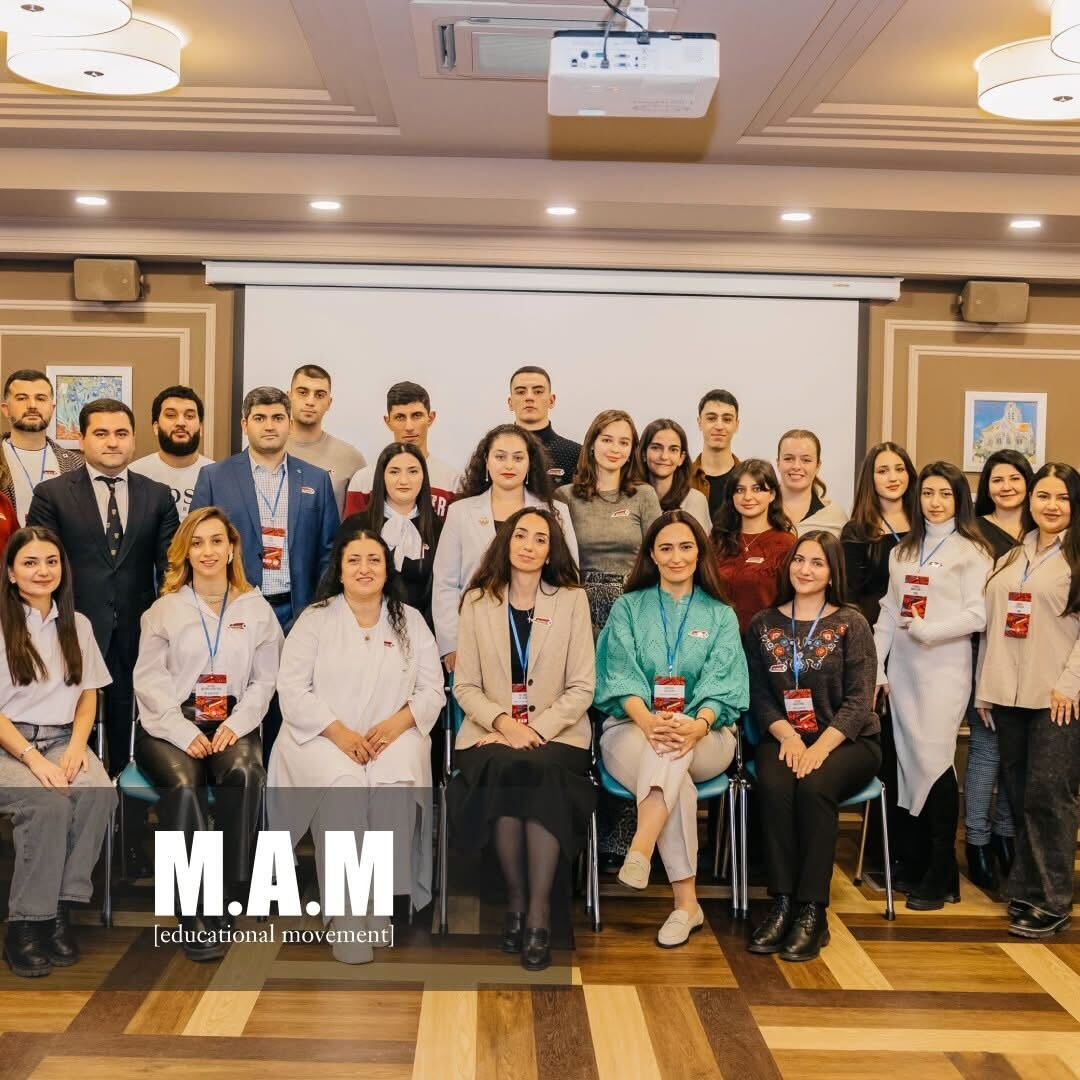
At the end of the year, the closing ceremony of the “I Am in the Armenian World” scholarship program took place. For the second consecutive year, the program organized by the Geghard Union and M.A.M for students of Armenian origin from Nizhny Novgorod aims to spark young people’s interest in Armenia and strengthen their connection to their Armenian roots. During the event, four winners (out of 46 participants) were awarded and will receive the established scholarships in the coming months. The launch of the next phase of the program was also announced, featuring an expanded curriculum and broader regional coverage.
The next meeting was held with the leaders of Armenian communities of the Central Federal District of the Russian Federation. The meeting focused on discussing the challenges of Armenian educational programs within the communities and finding joint solutions. M.A.M presented a new direction of its activities — educational support programs developed for schools in the Diaspora. As a result, M.A.M will prepare proposals for Armenian communities in Russia to make innovative Armenian educational programs accessible, based on the needs and capacities of each community.
The founders of M.A.M visited the Holy All-Savior Armenian Church in Nizhny Novgorod and met with its spiritual leader, Father Sebeos. Opportunities for cooperation were discussed, including collaboration with the Sunday school operating at the church.
Also, a meeting with representatives of the Union of Armenians of Russia took place at the Moscow Linguistic University within the framework of an Armenian cultural event organized by the Department of Armenian Studies. The discussion focused on cooperation possibilities regarding the standardization and implementation of educational programs in Armenian schools affiliated with the Union of Armenians of Russia.
Emphasizing the vital role of the Church in establishing and preserving Armenian schools in the Diaspora, it was also a great honor to visit the Diocese of the Armenian Apostolic Church of Russia and New Nakhijevan in Moscow. During the meeting, M.A.M’s educational support programs were presented to Father Kerovbe, the head of the educational direction of the Diocese, and an agreement was reached to continue communication toward future cooperation.
Considering M.A.M’s core mission — to strengthen the preservation of Armenian identity in the Diaspora and the bond between generations through education, regardless of place of residence — such community visits are of great importance and will be ongoing.
We extend our special gratitude to our partners, the Geghard Union of Nizhny Novgorod, and its leadership, Arayik Abrahamyan and Hunan Gulyan, for their warm hospitality and their active efforts in preserving Armenian identity within the community.
